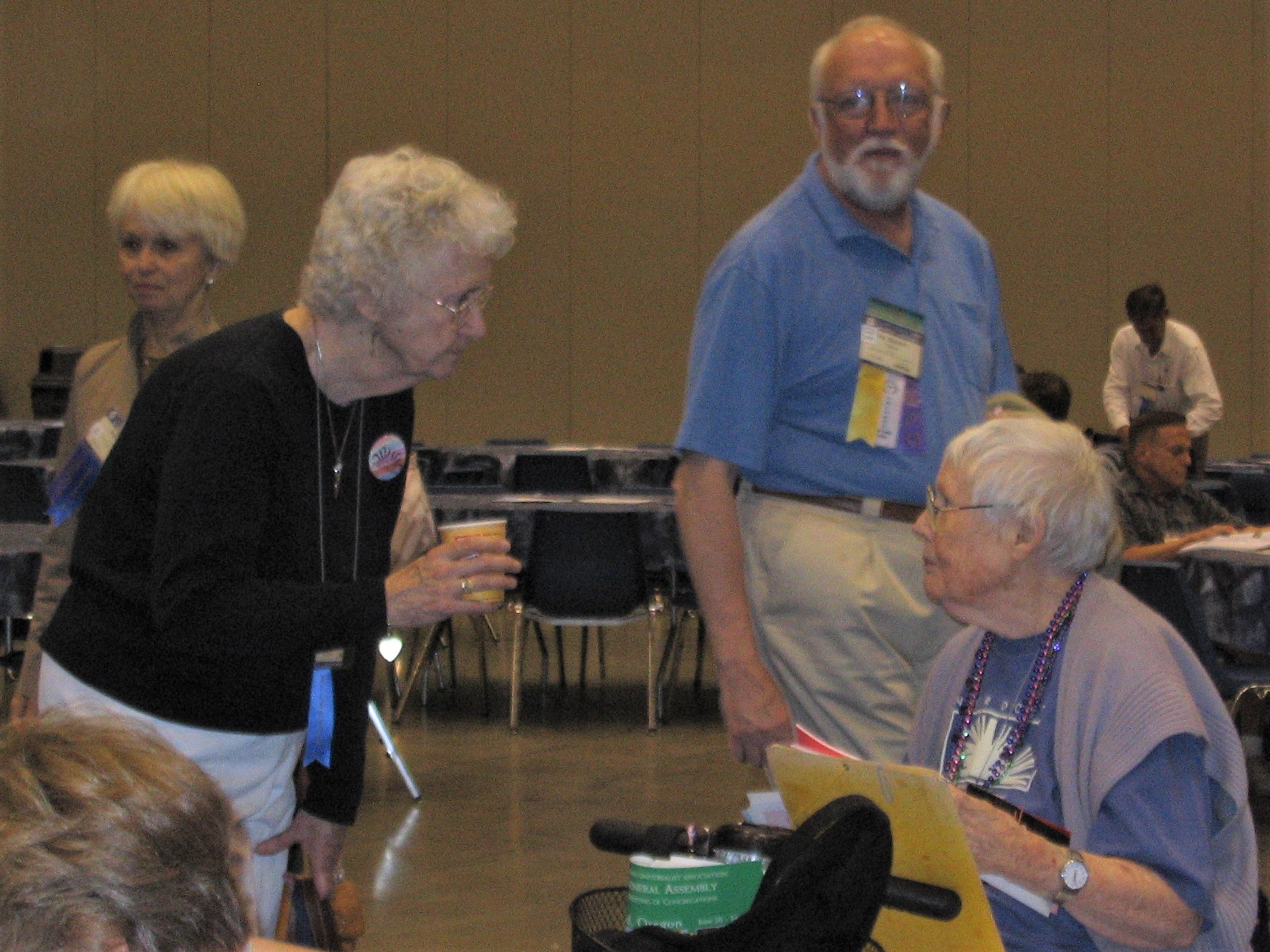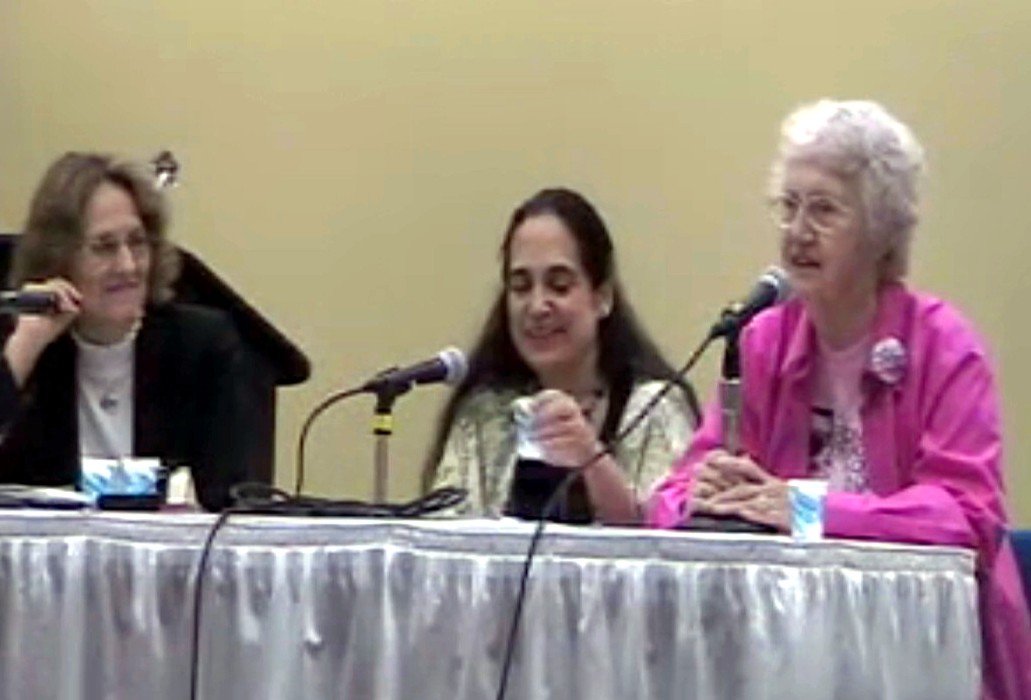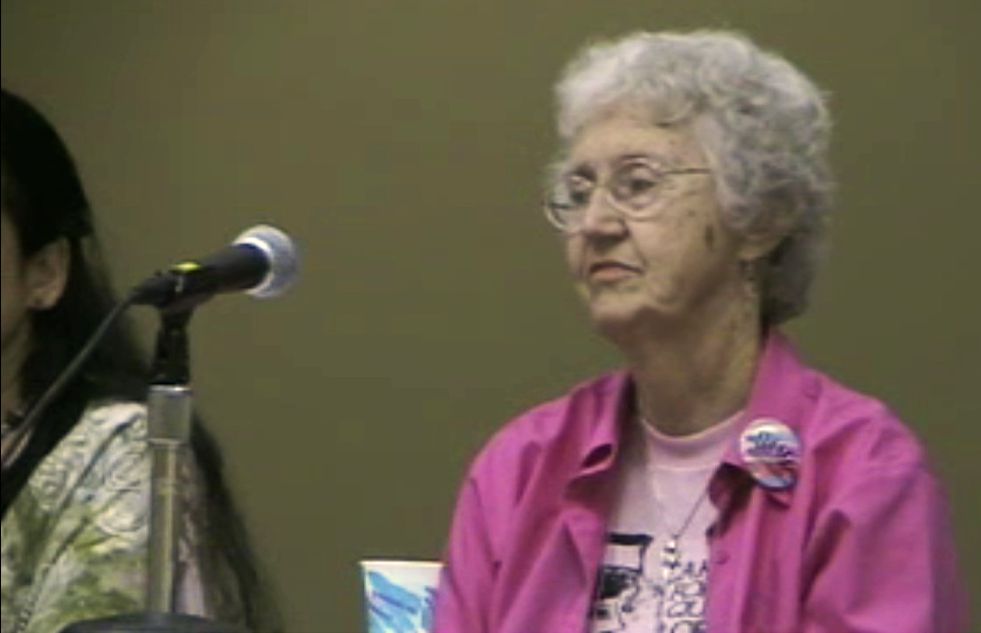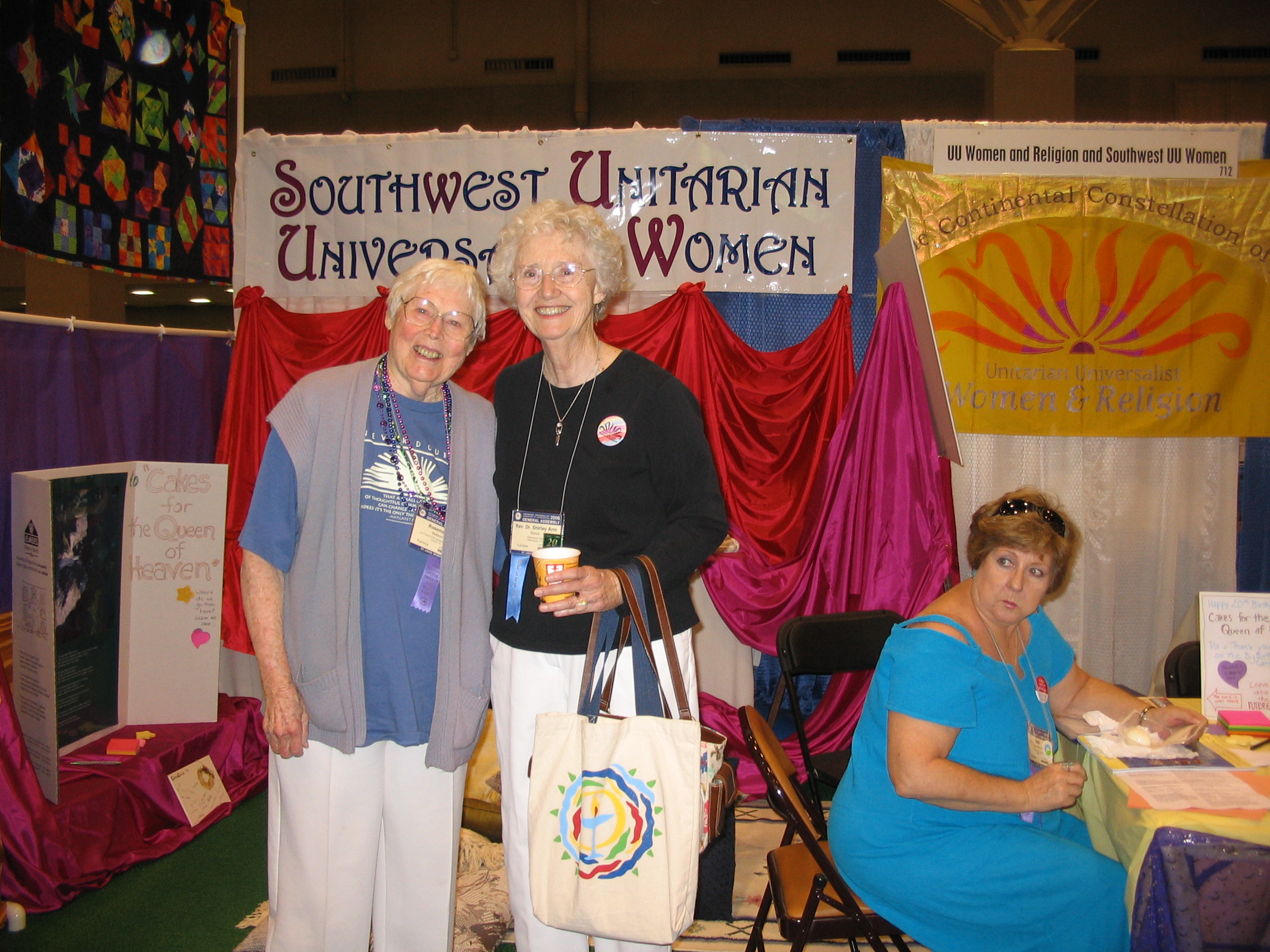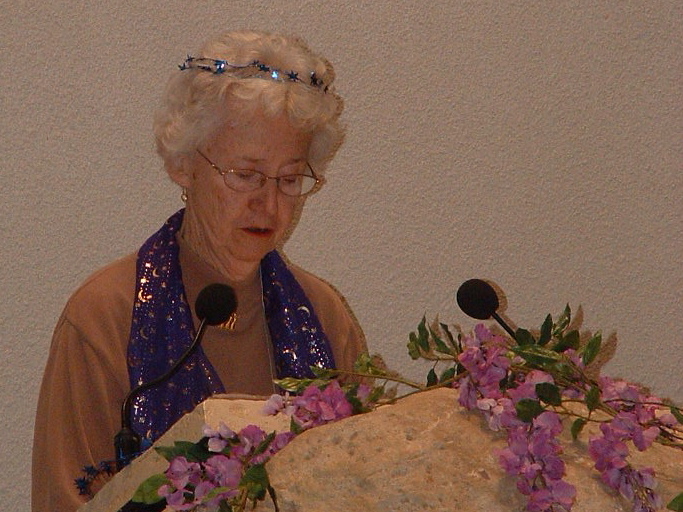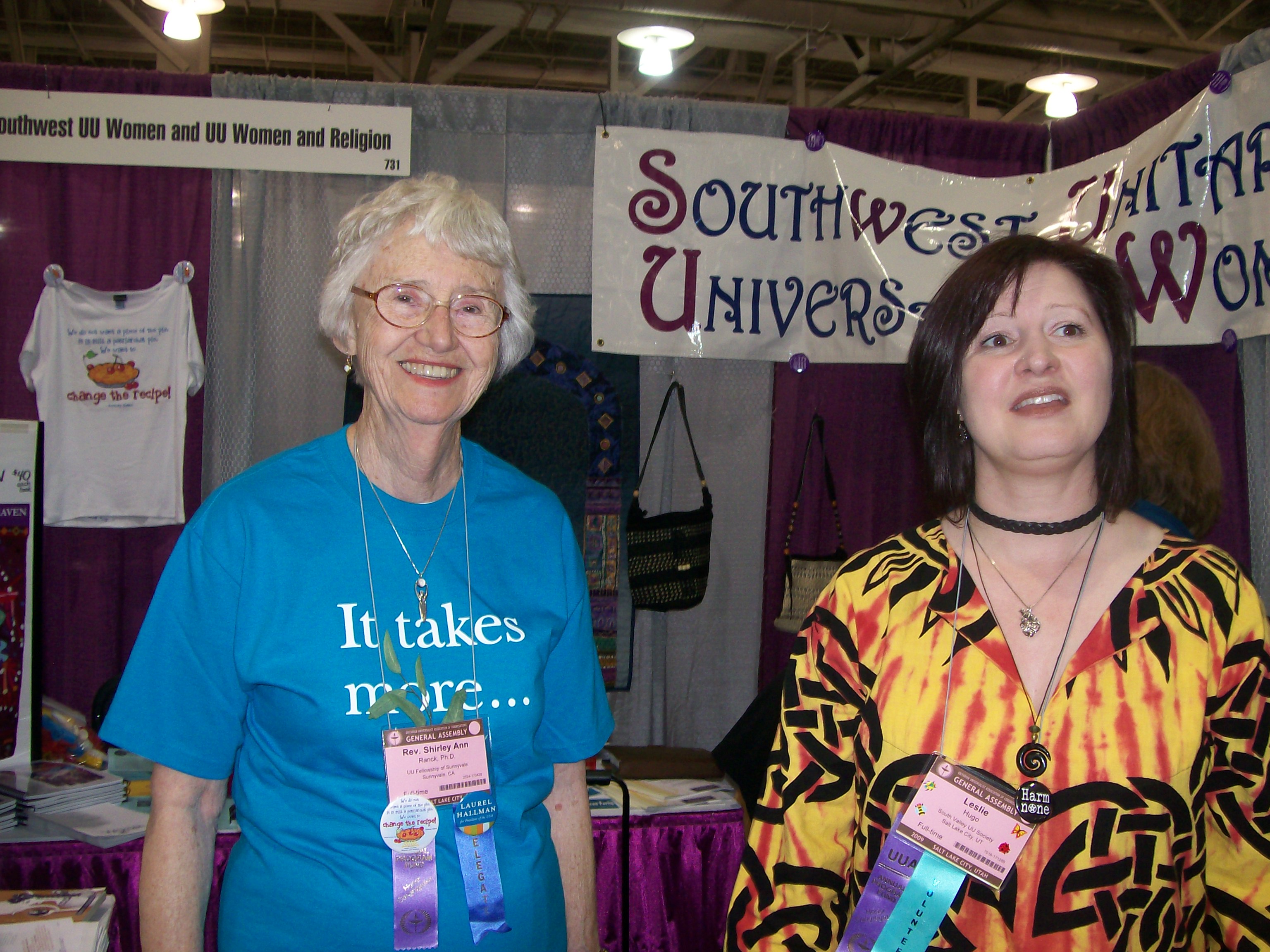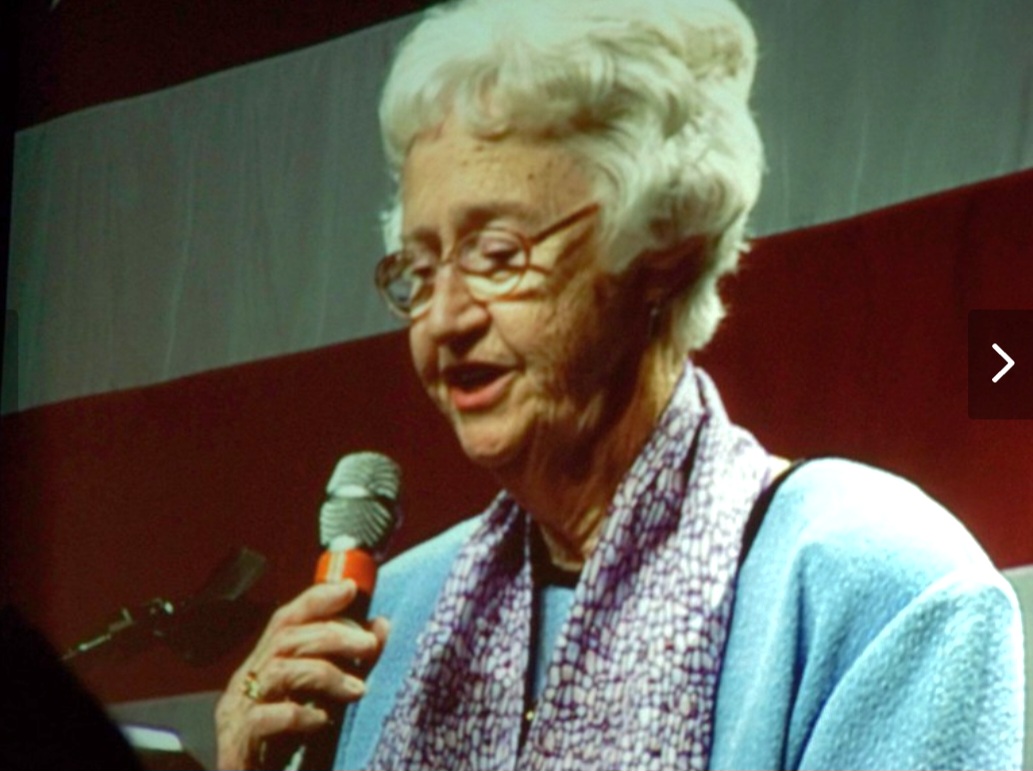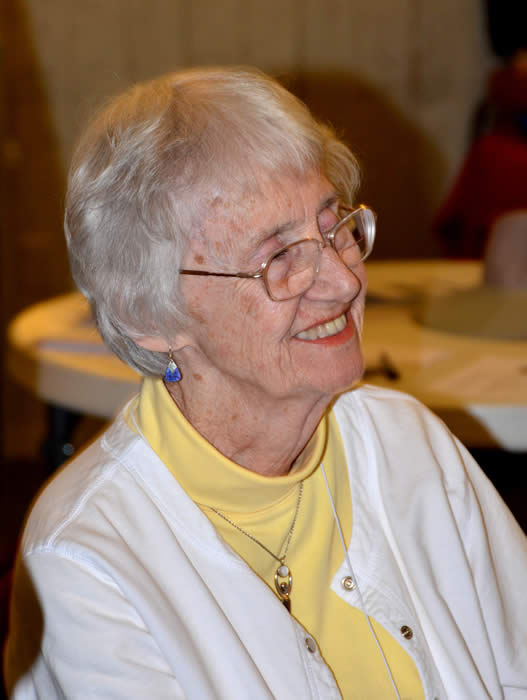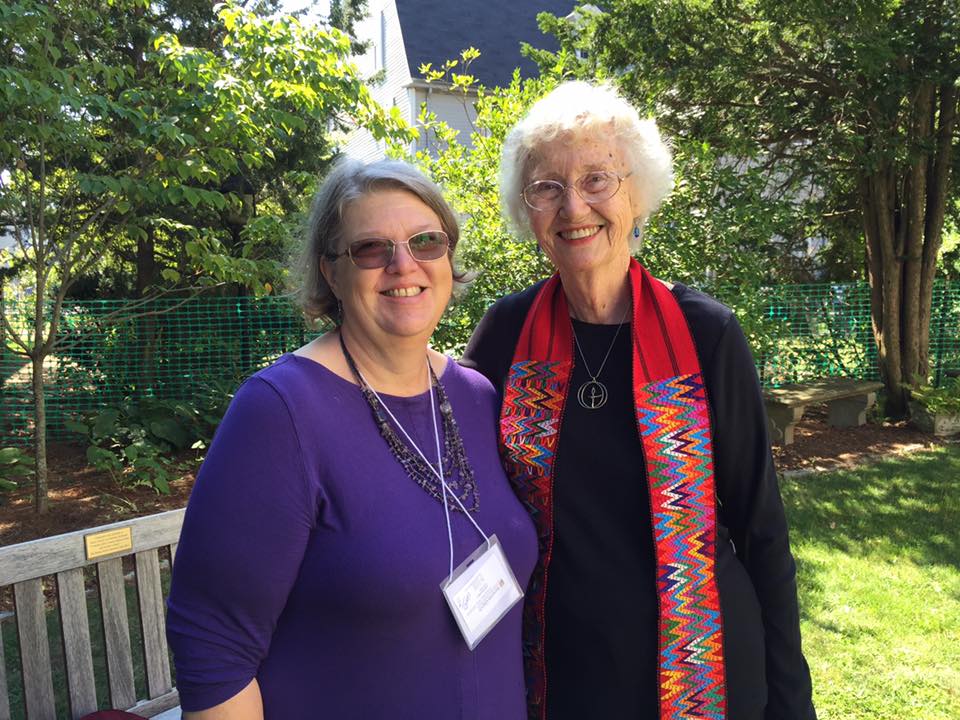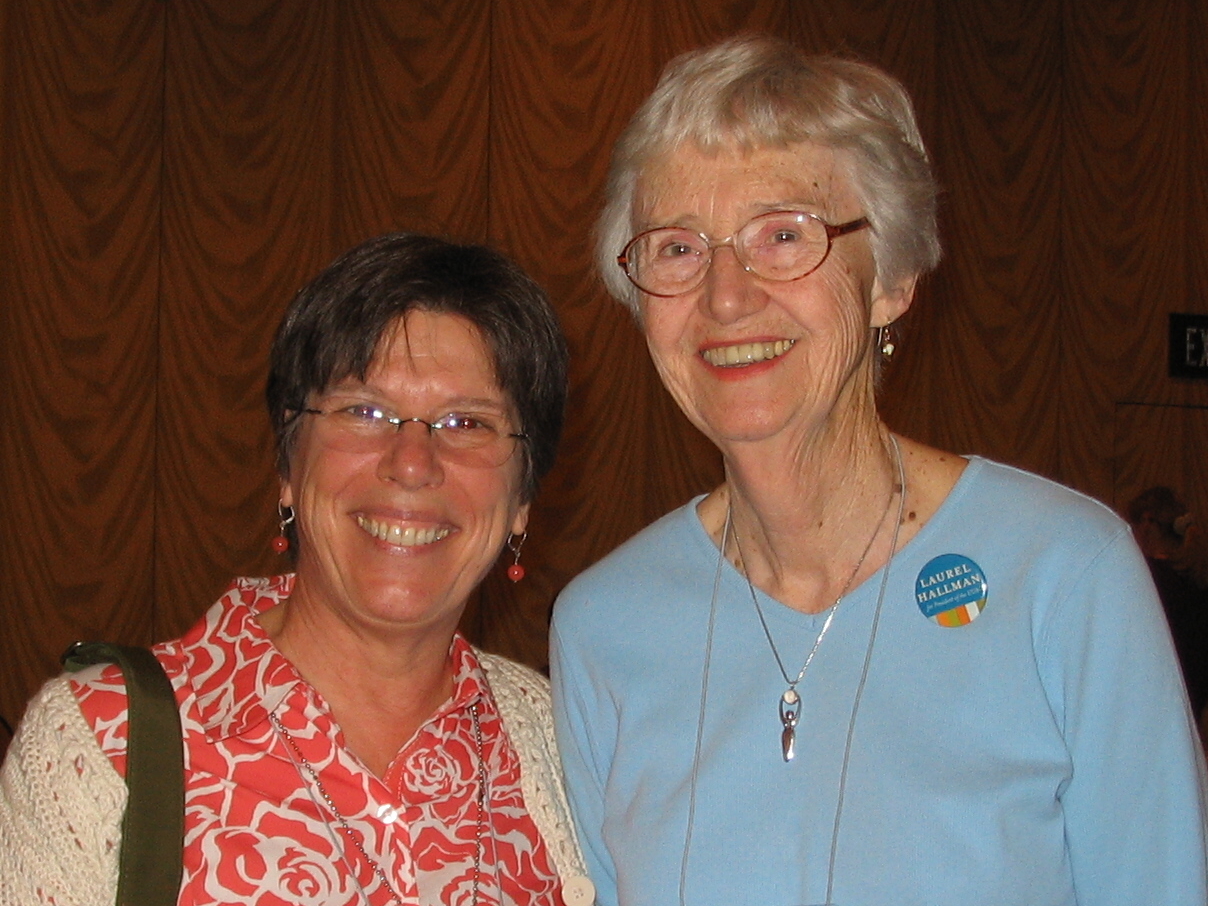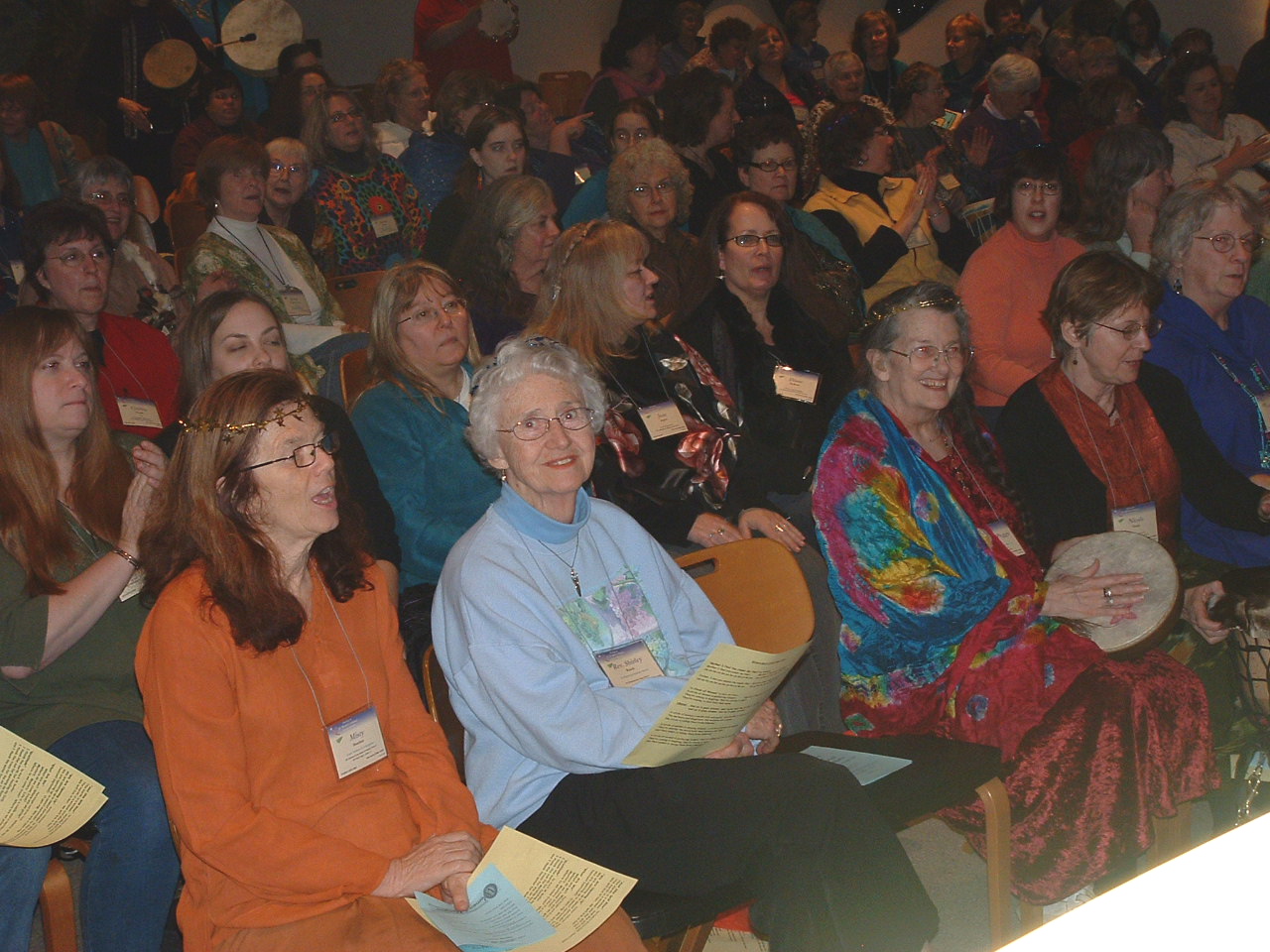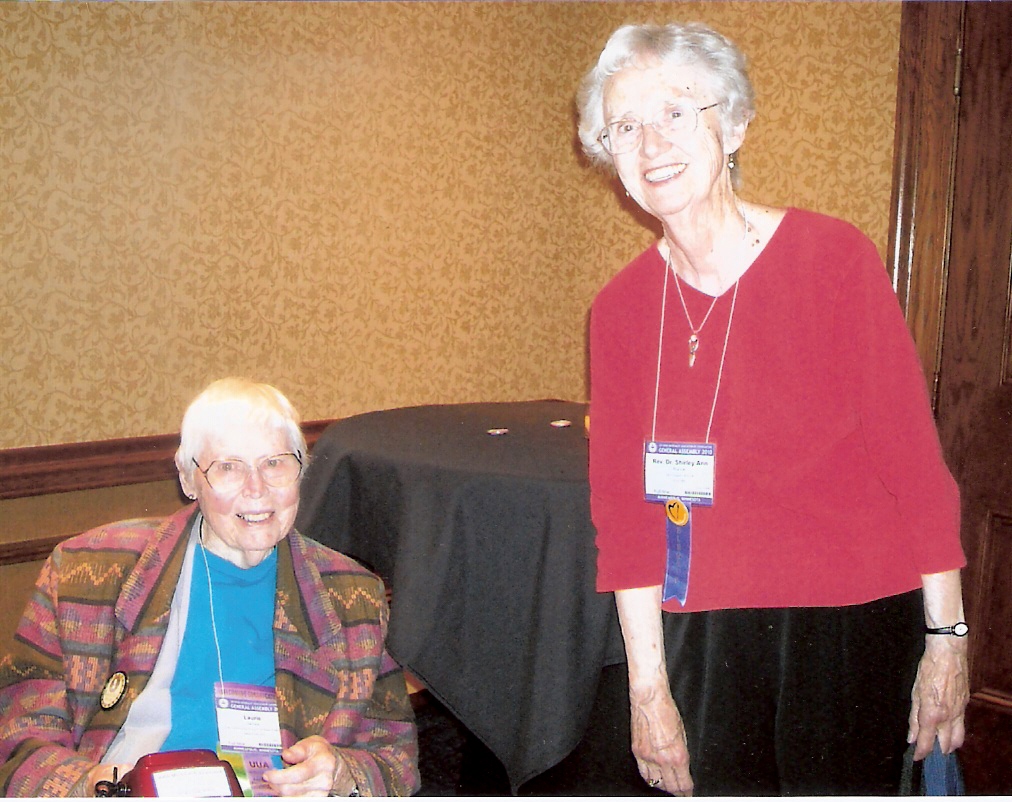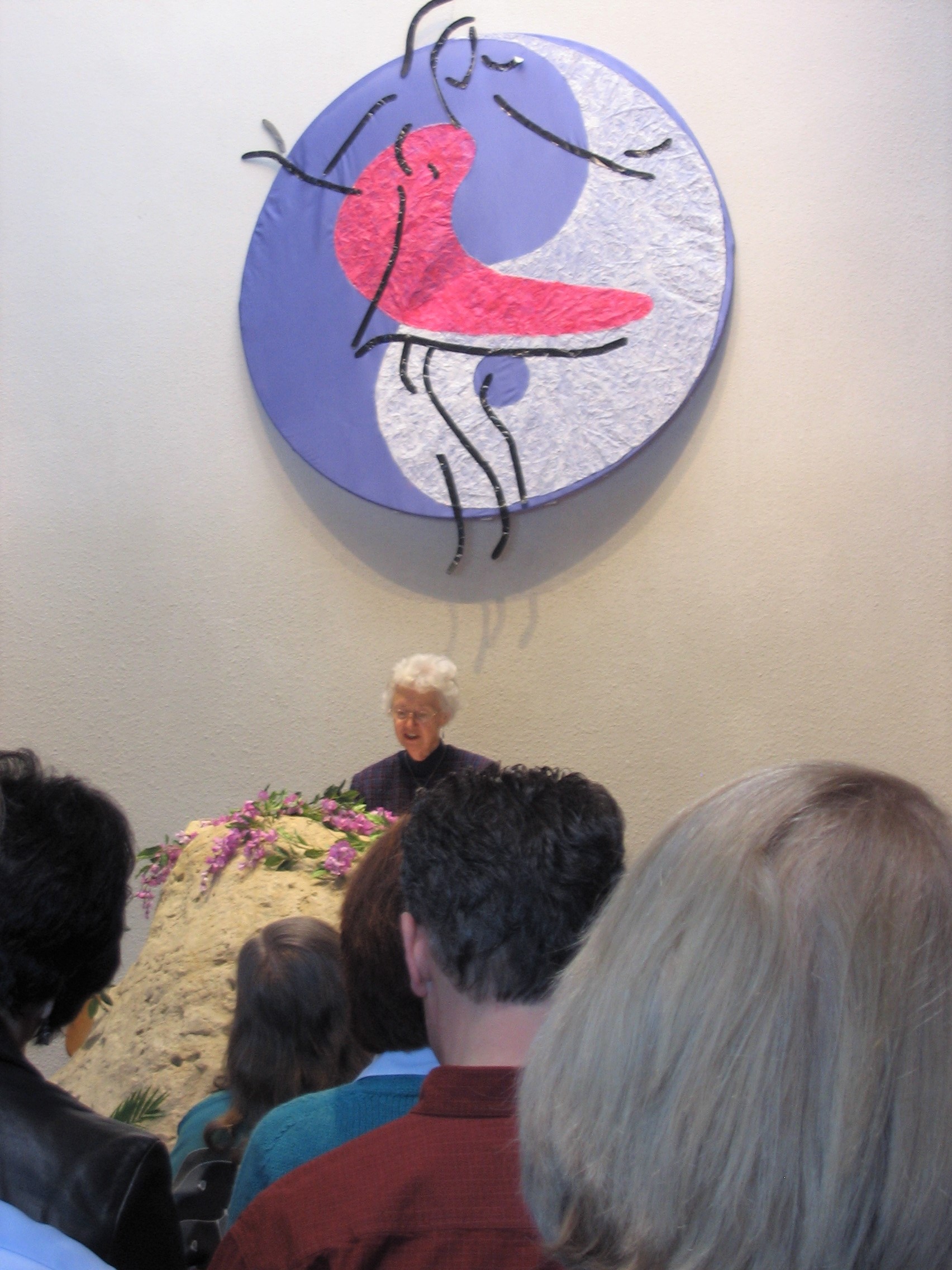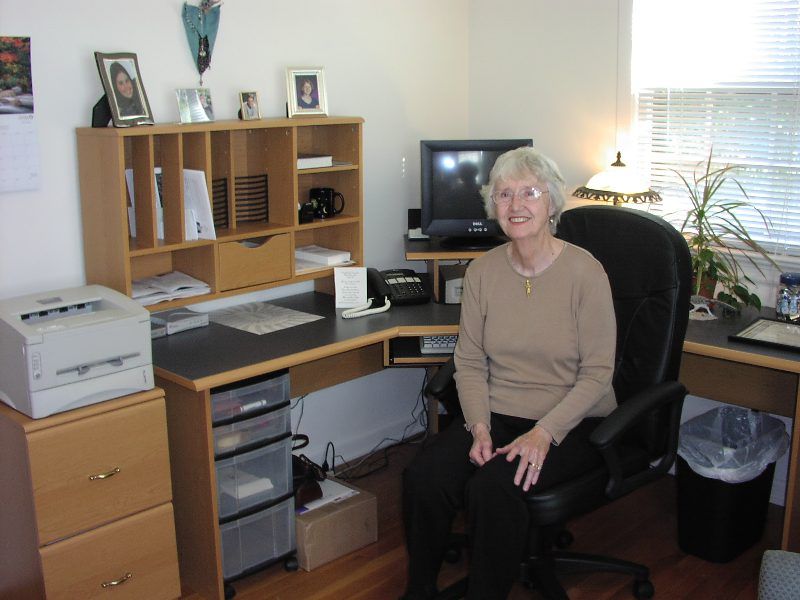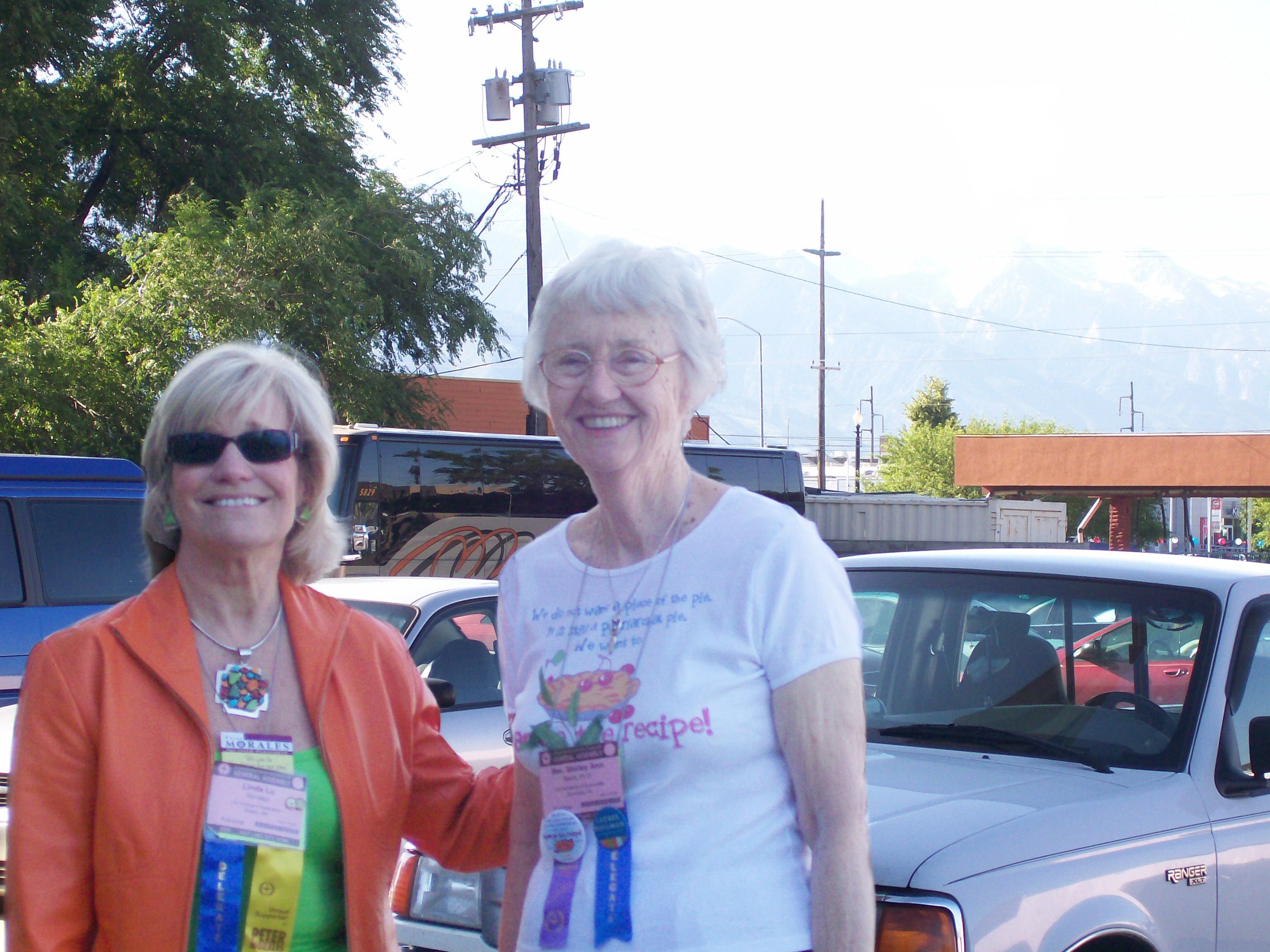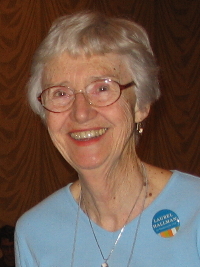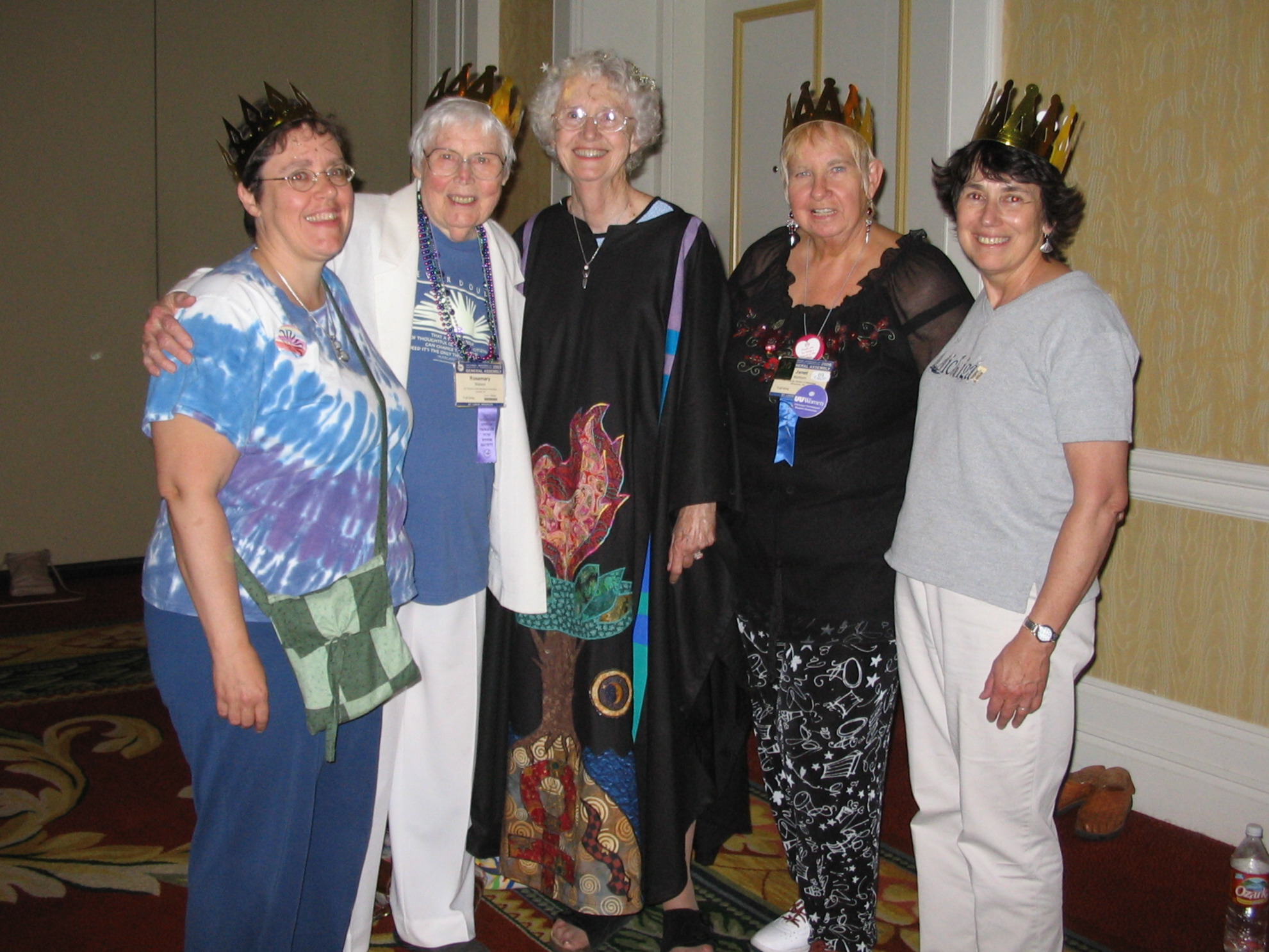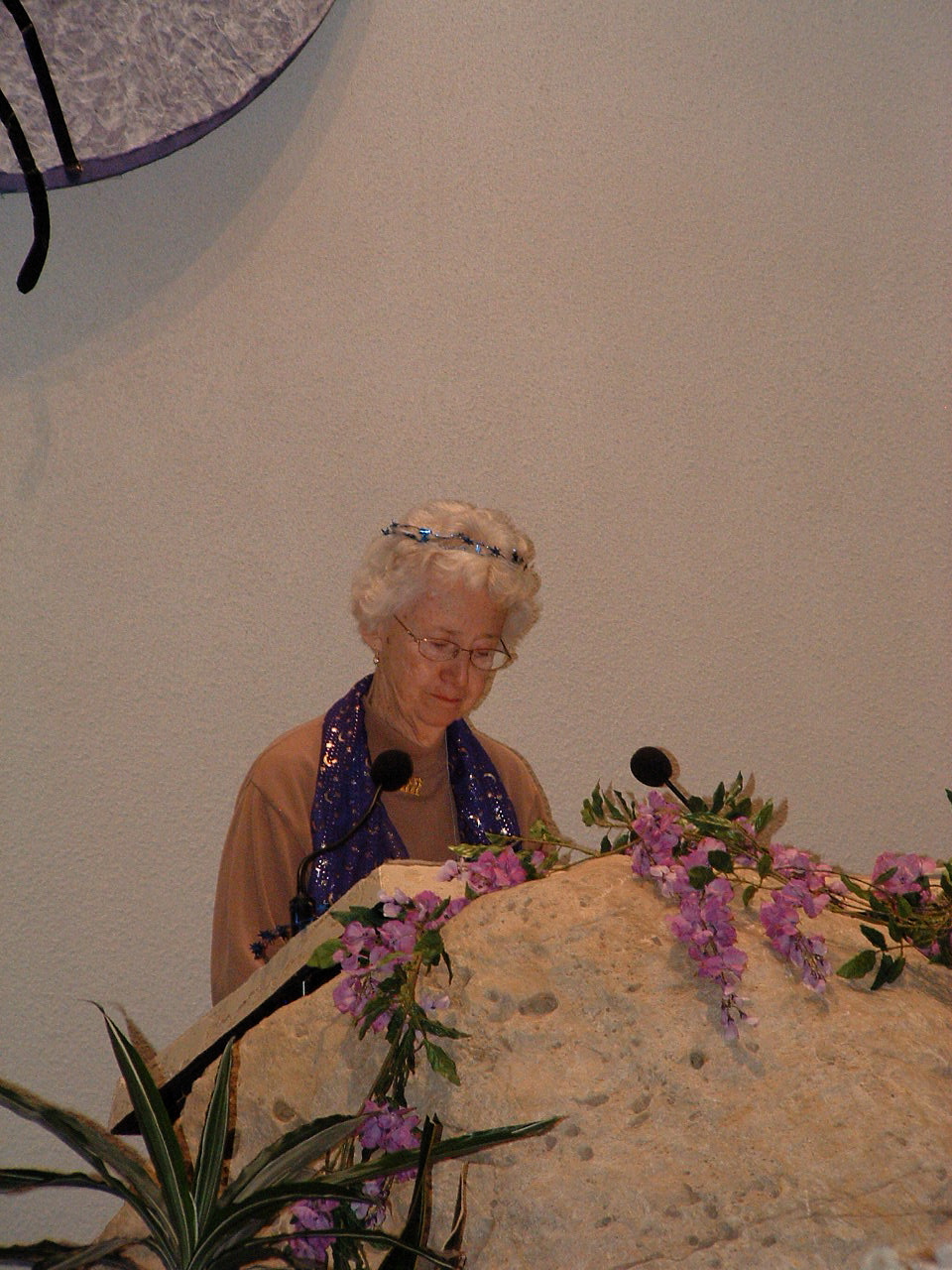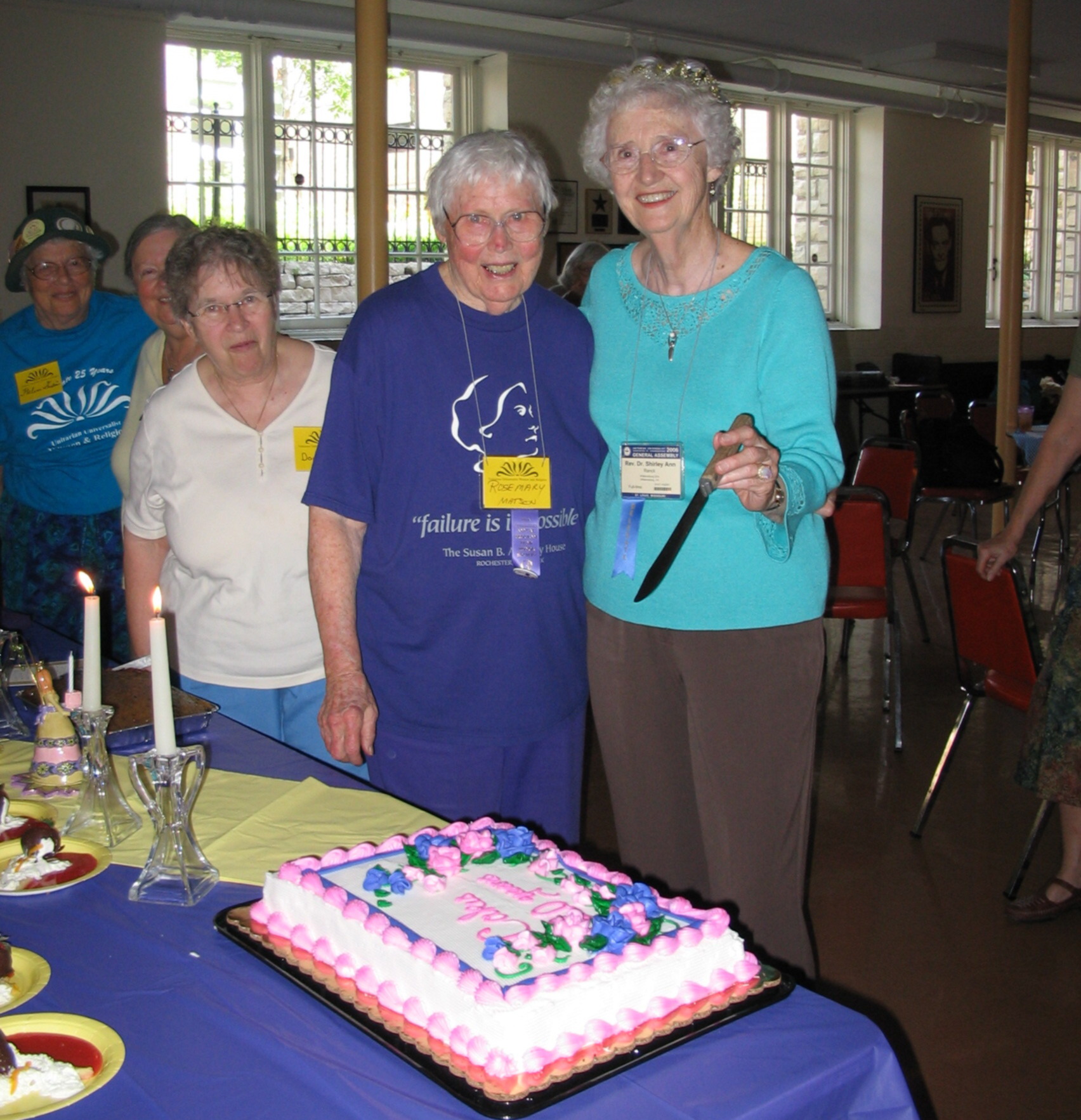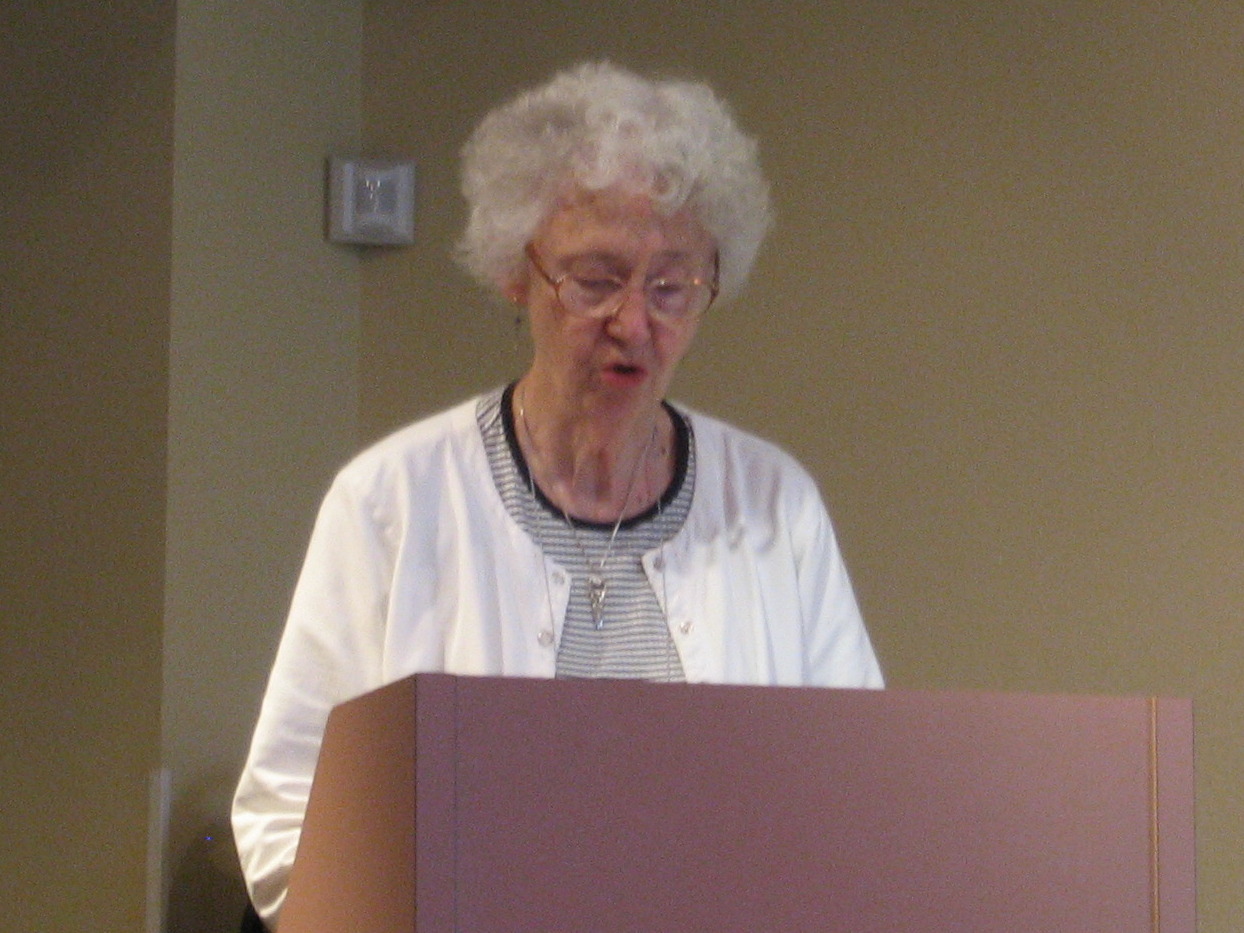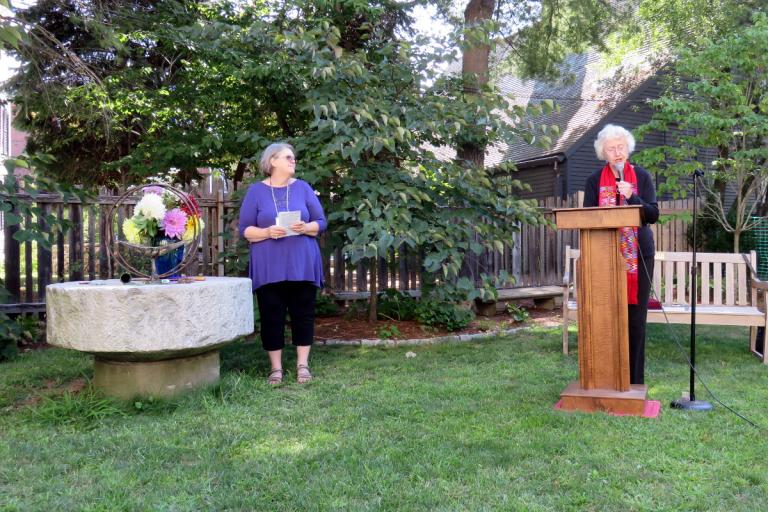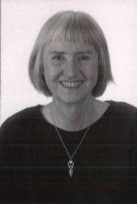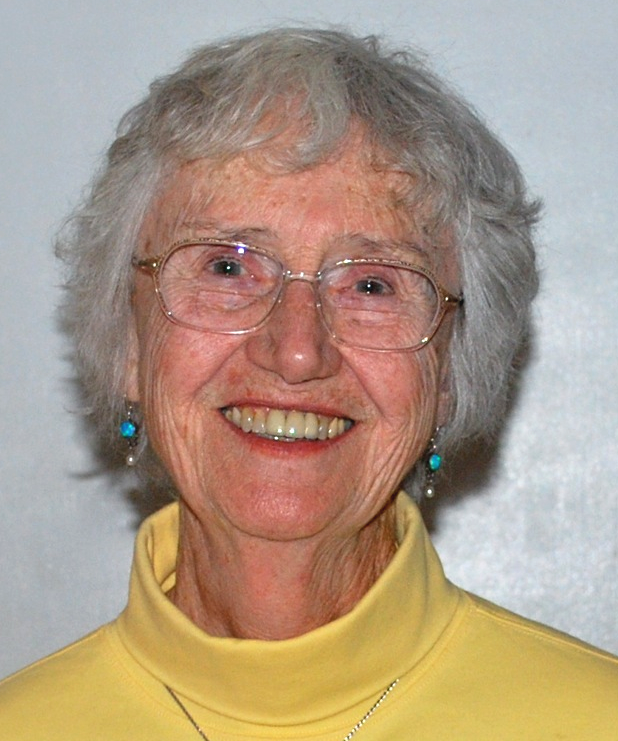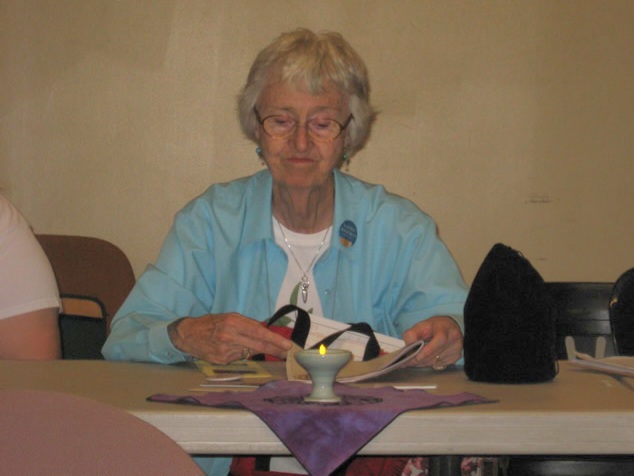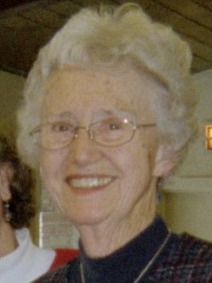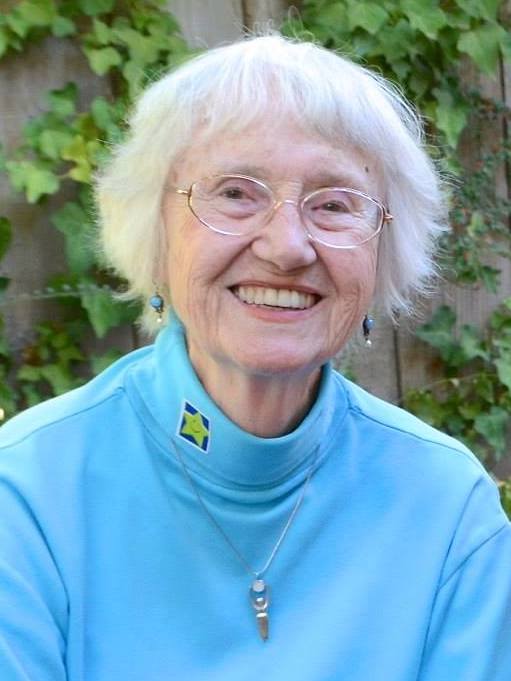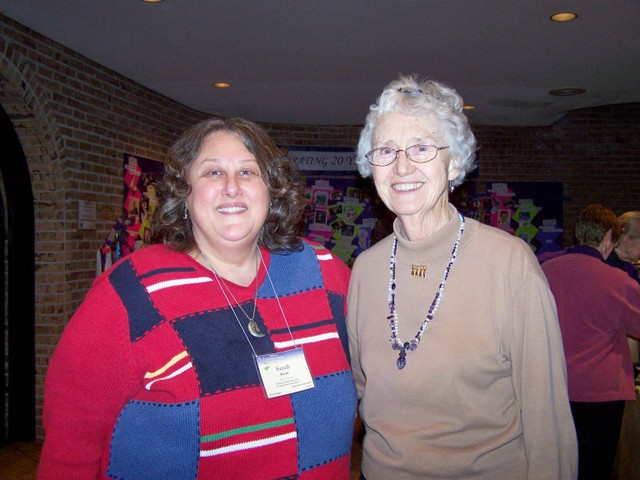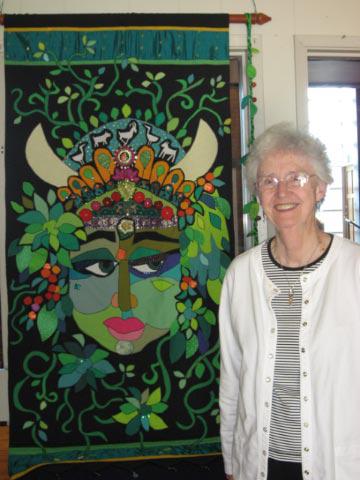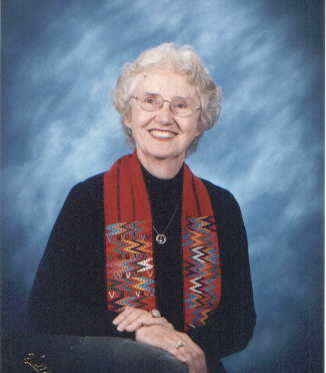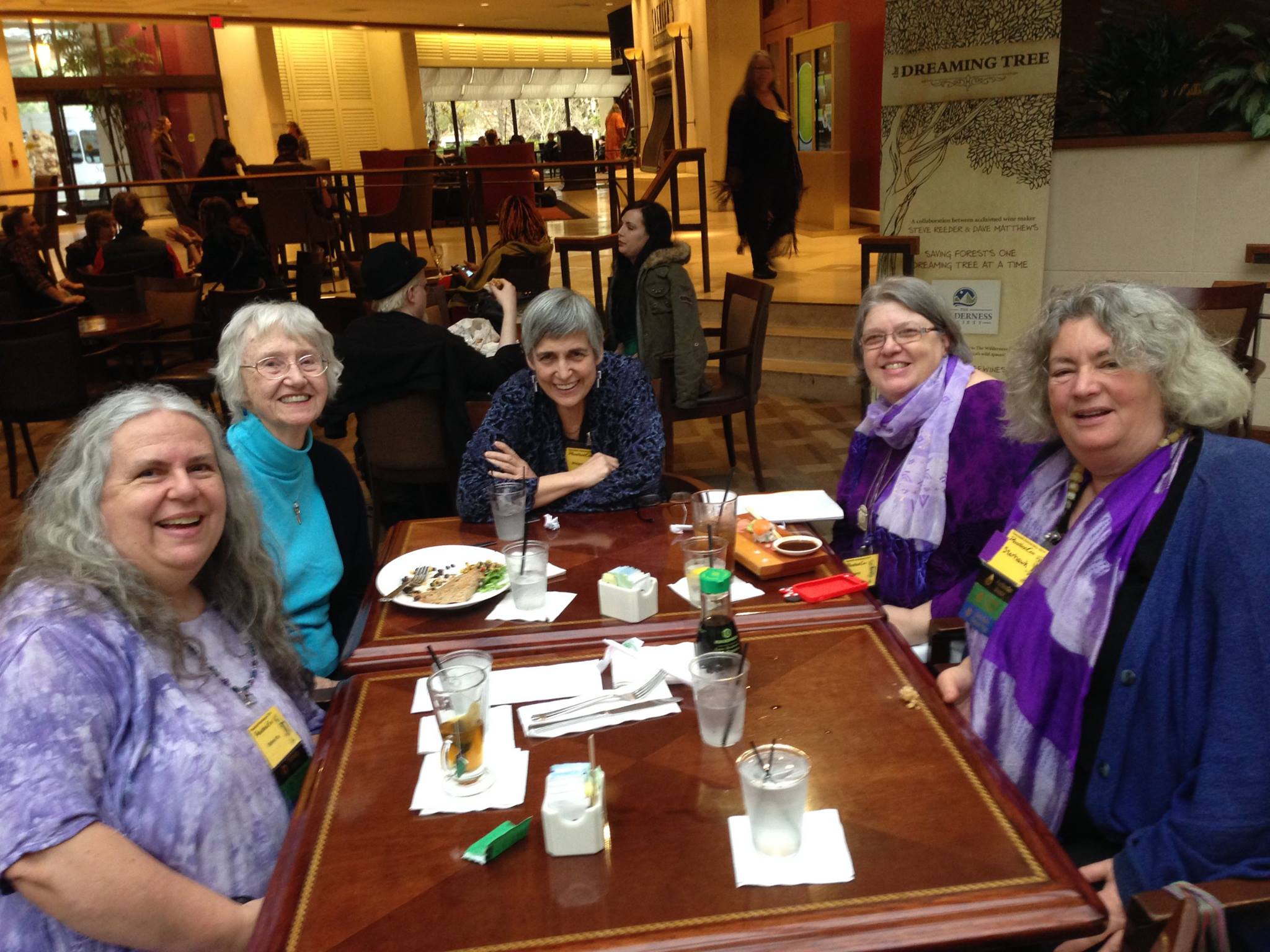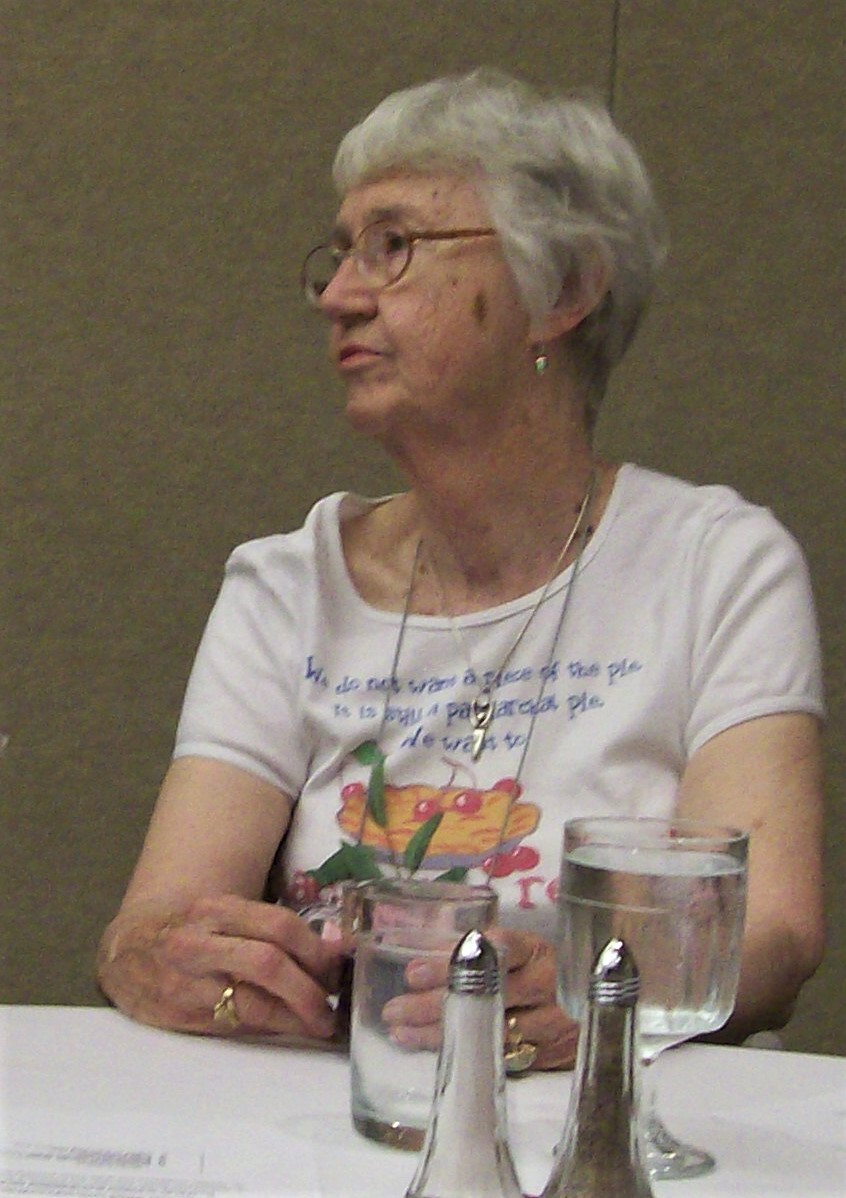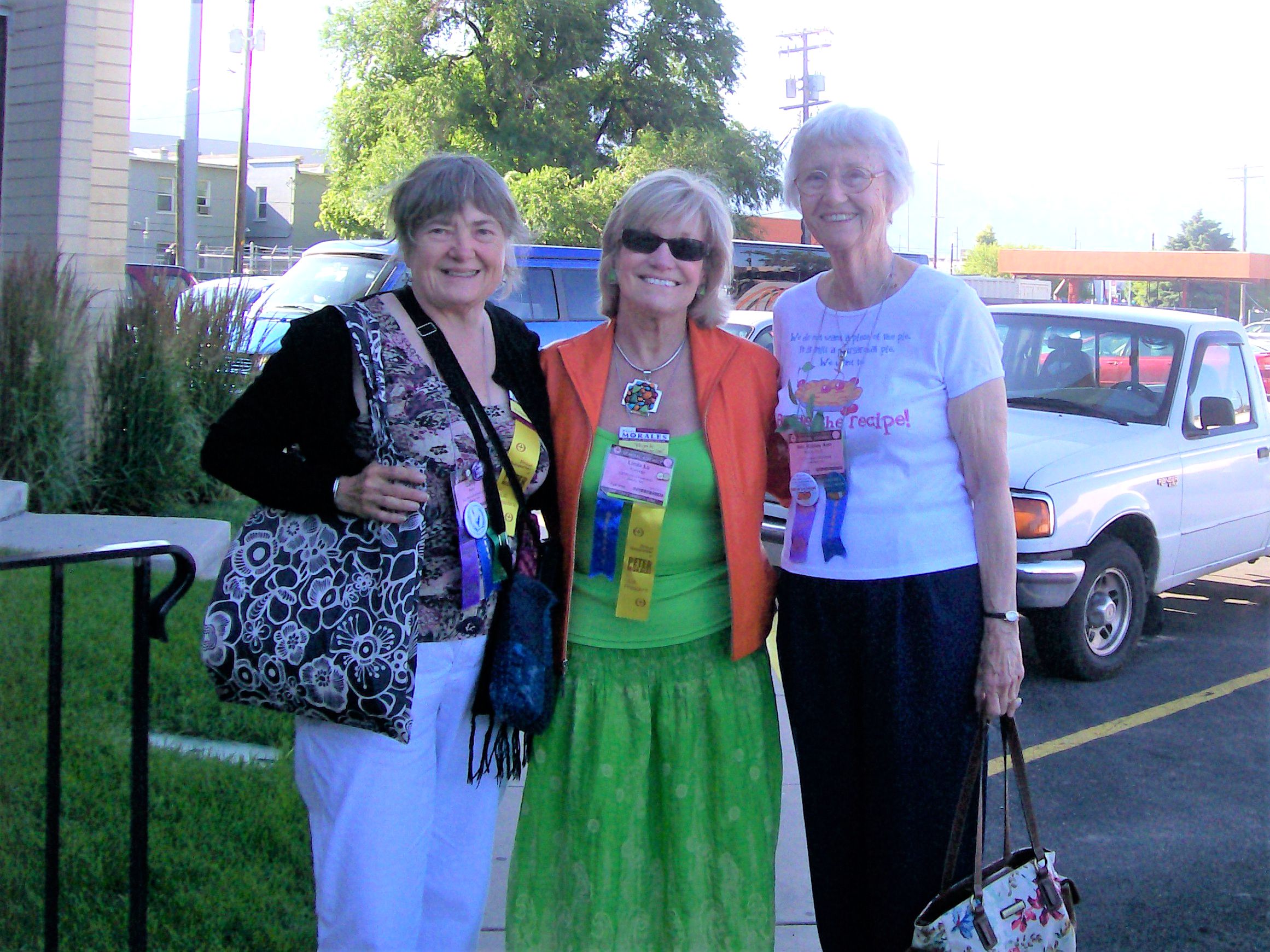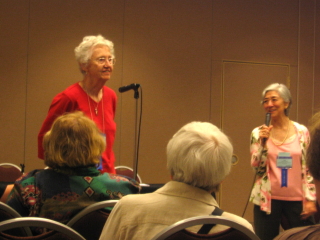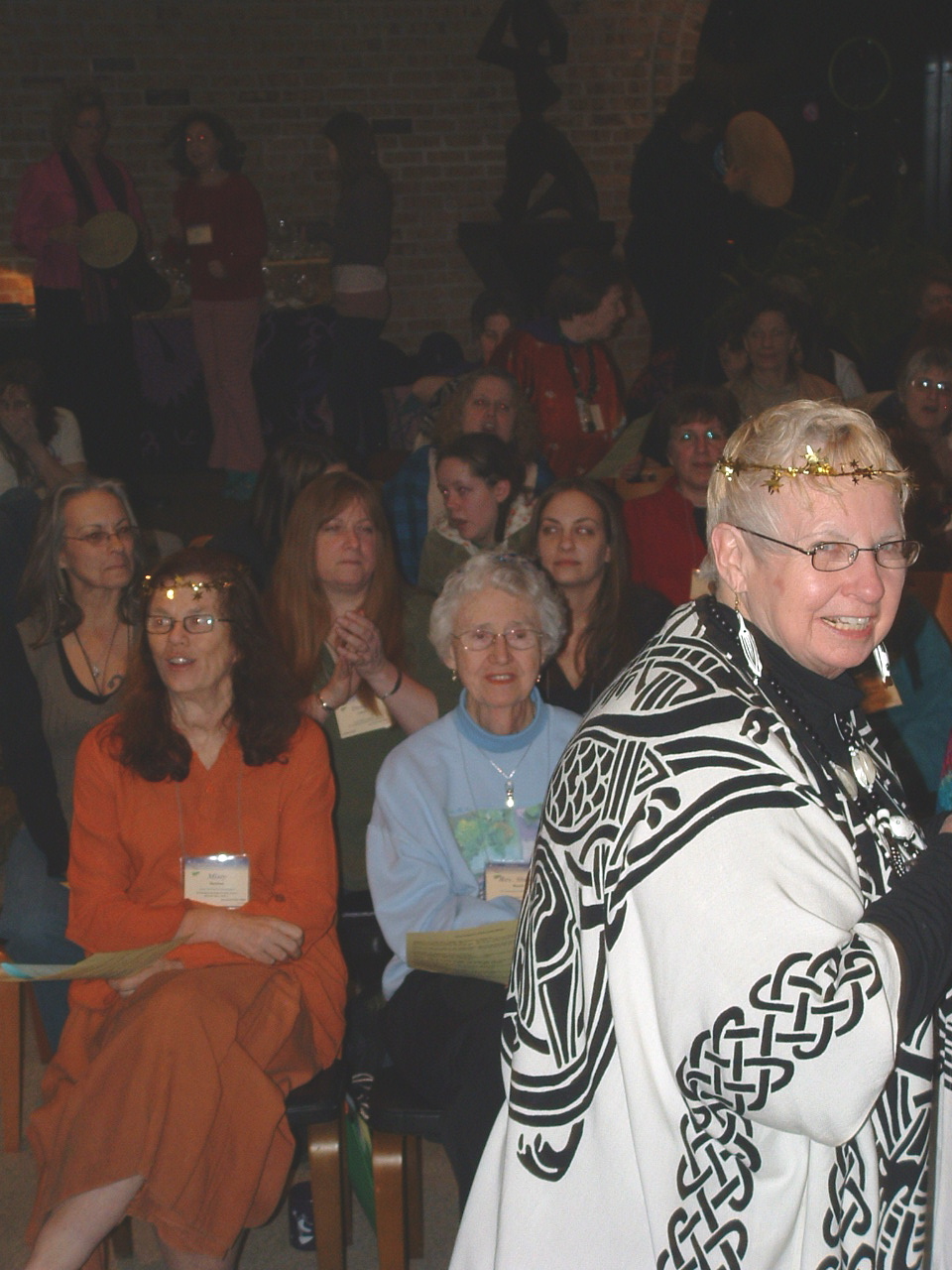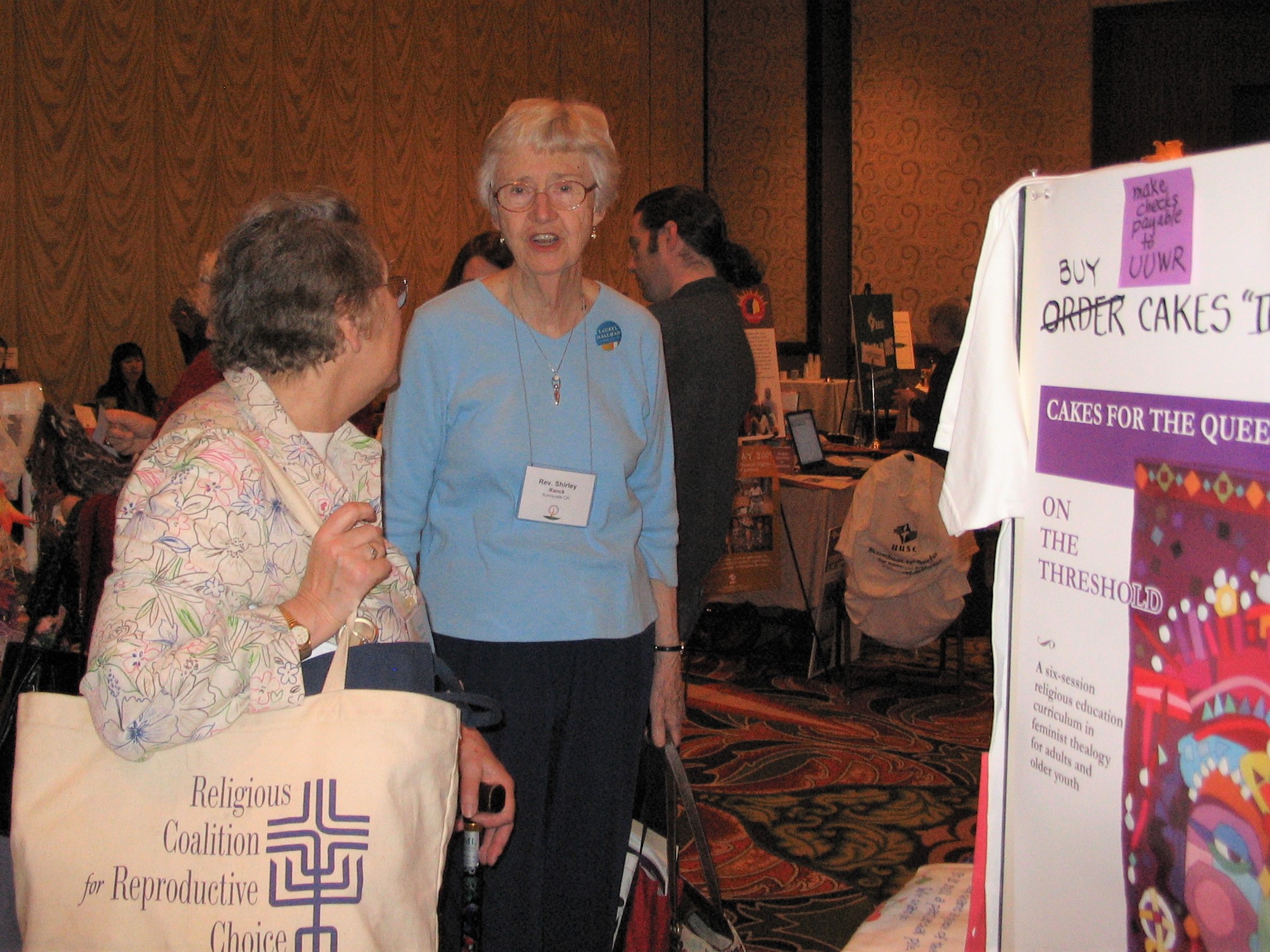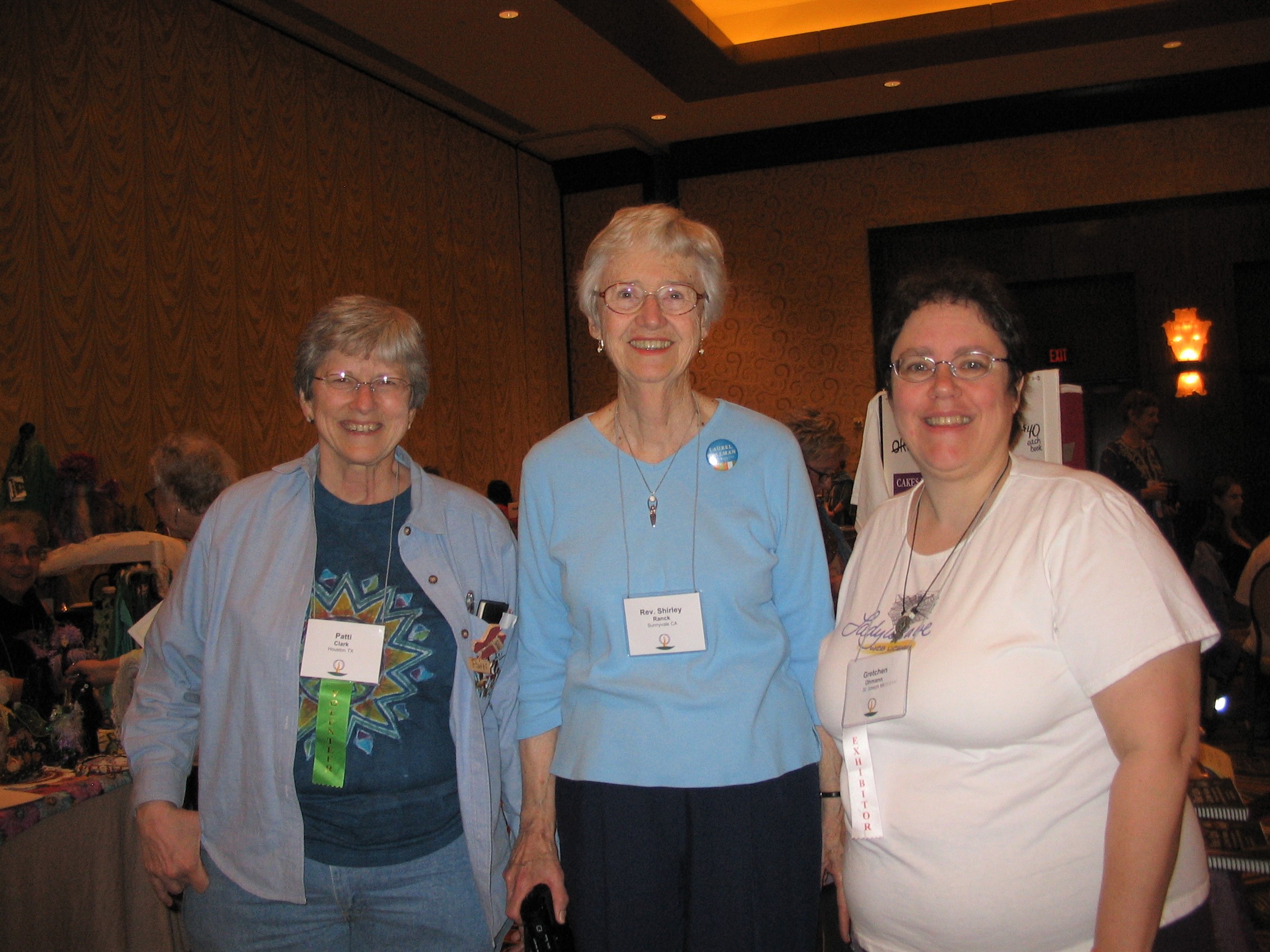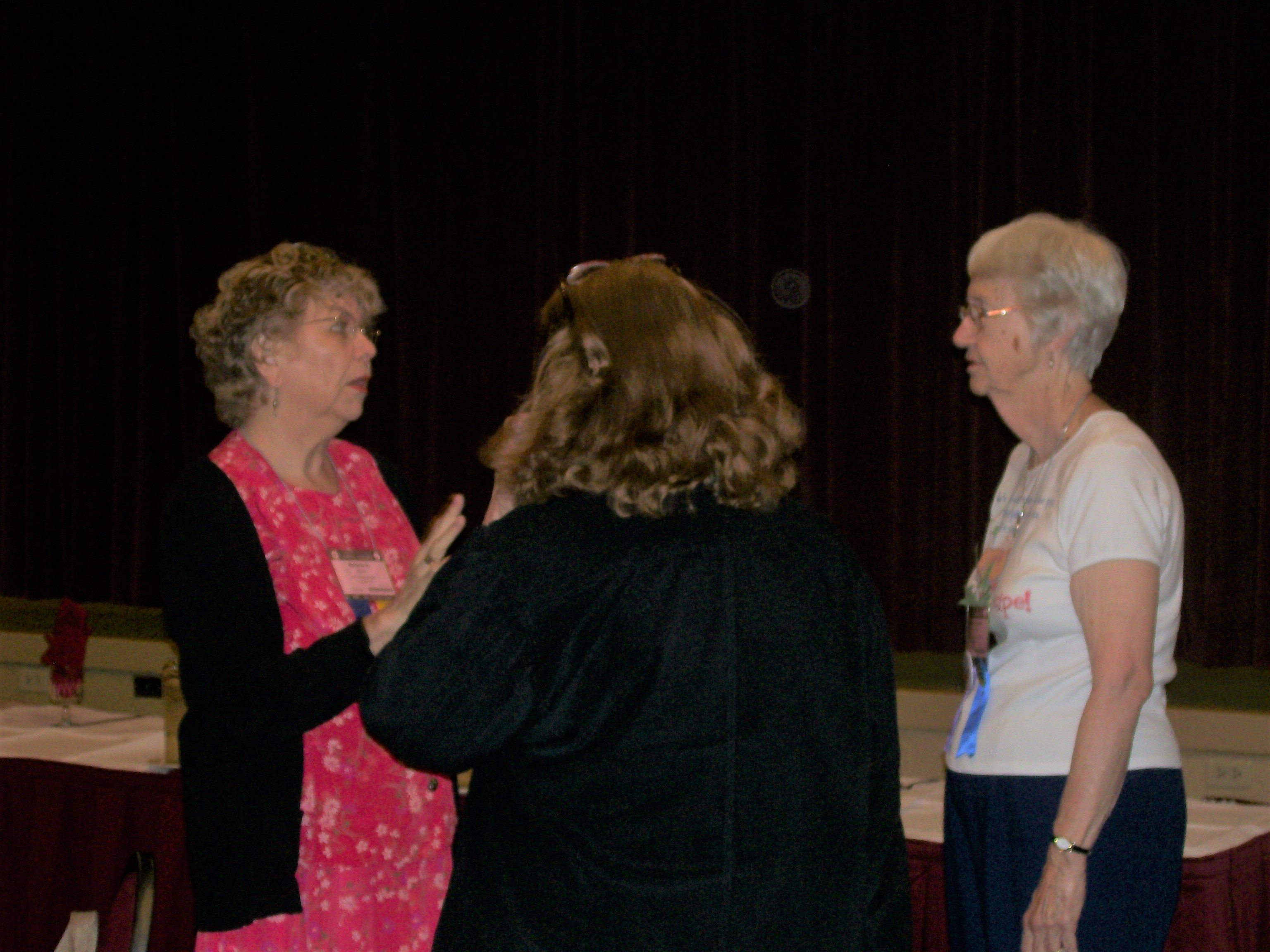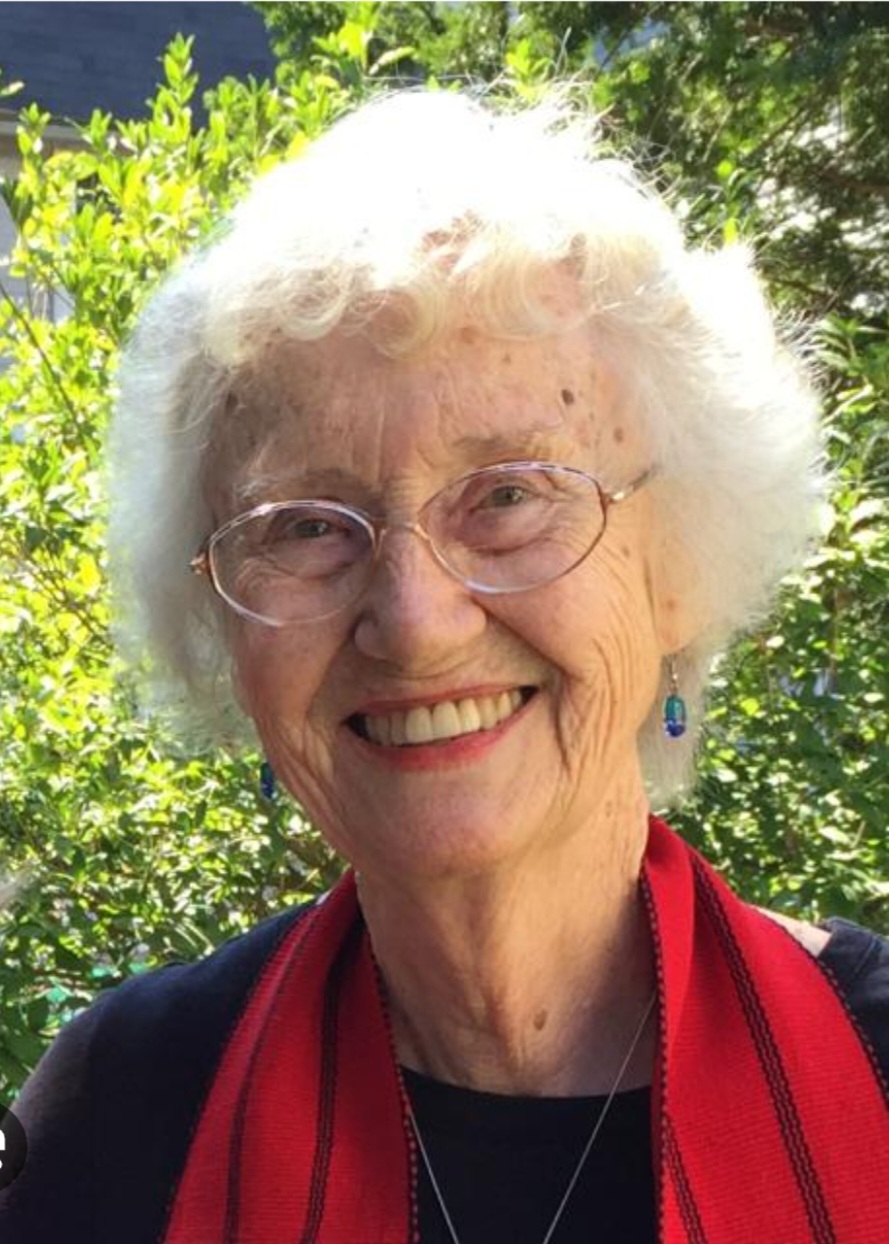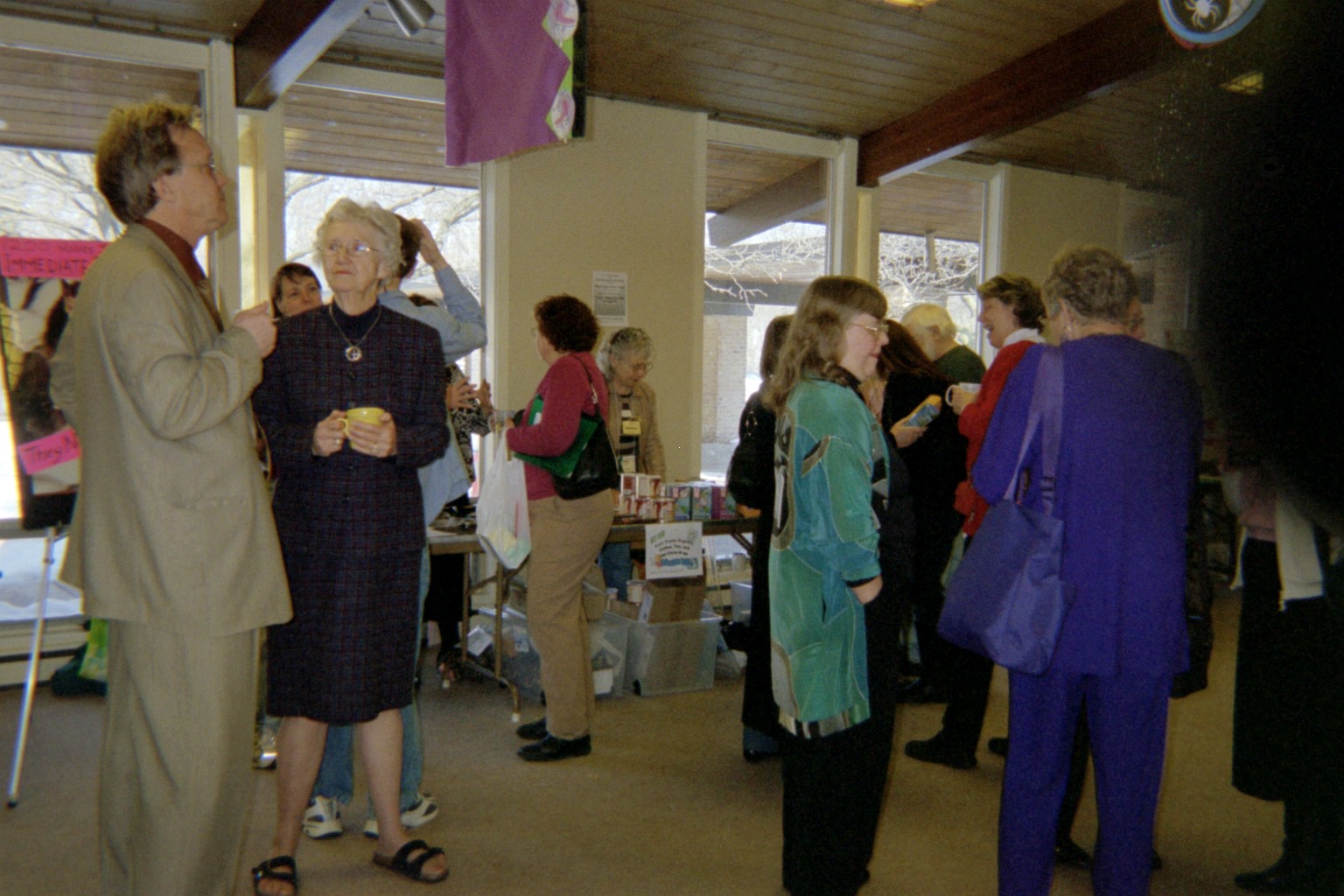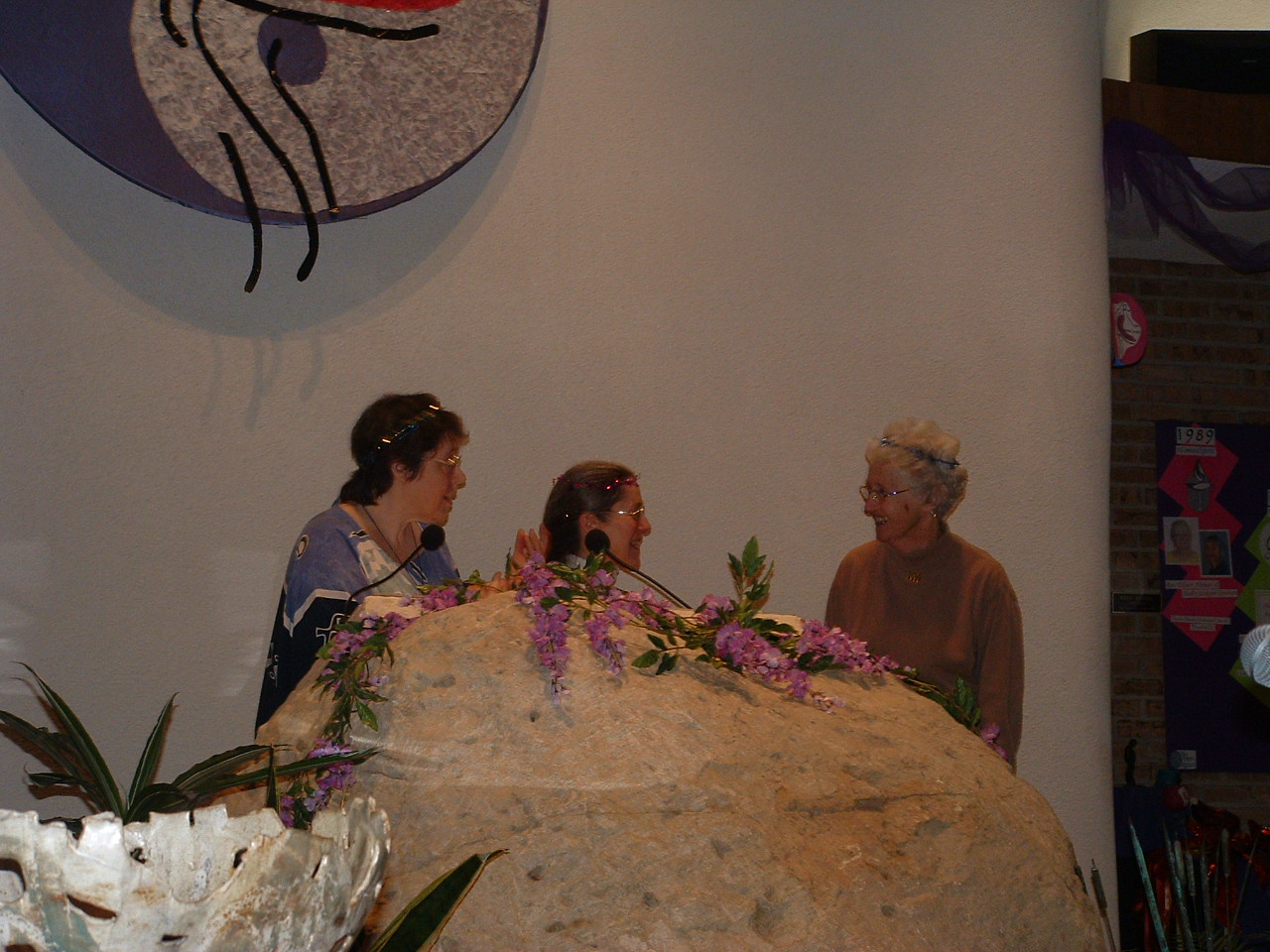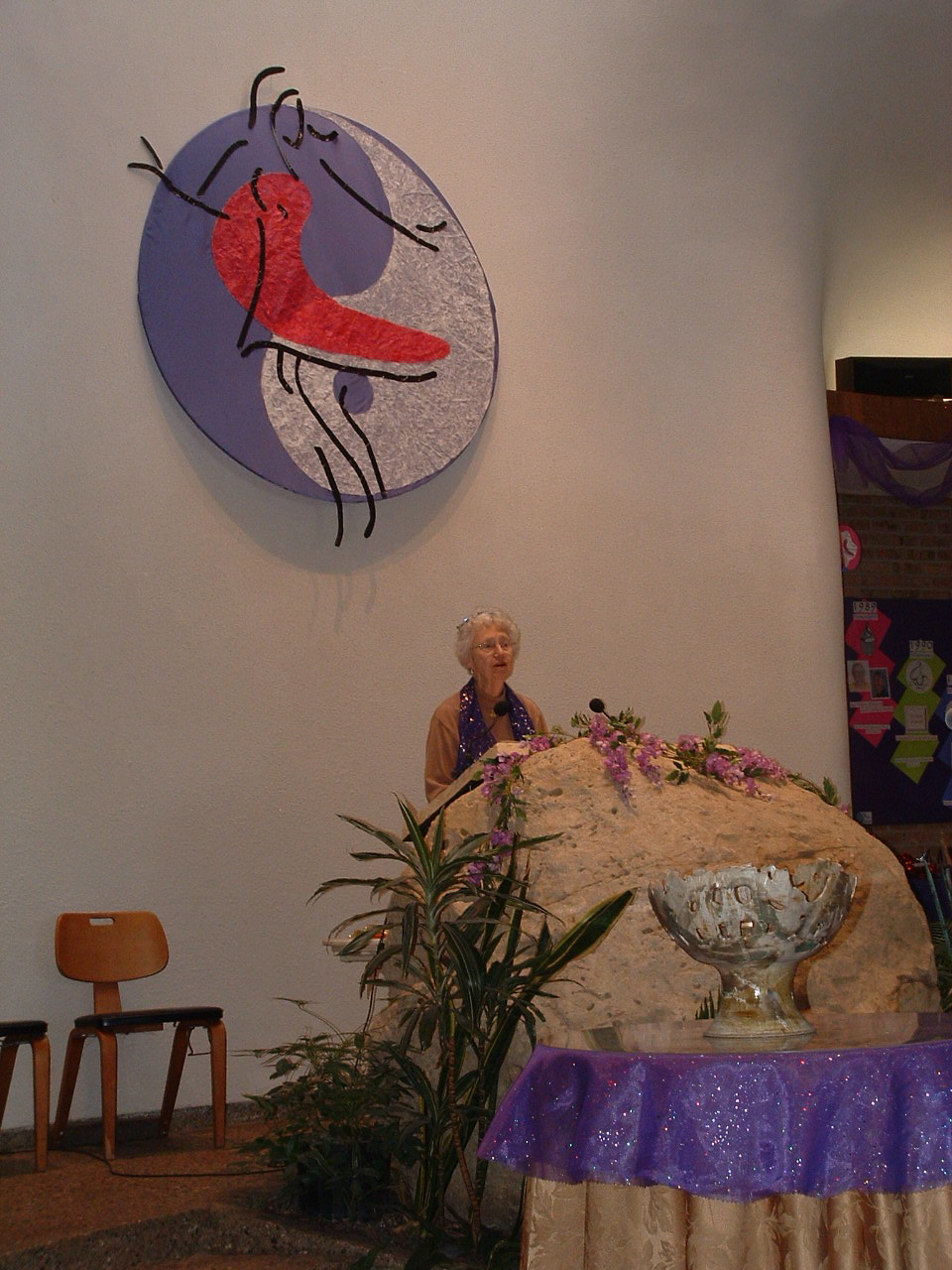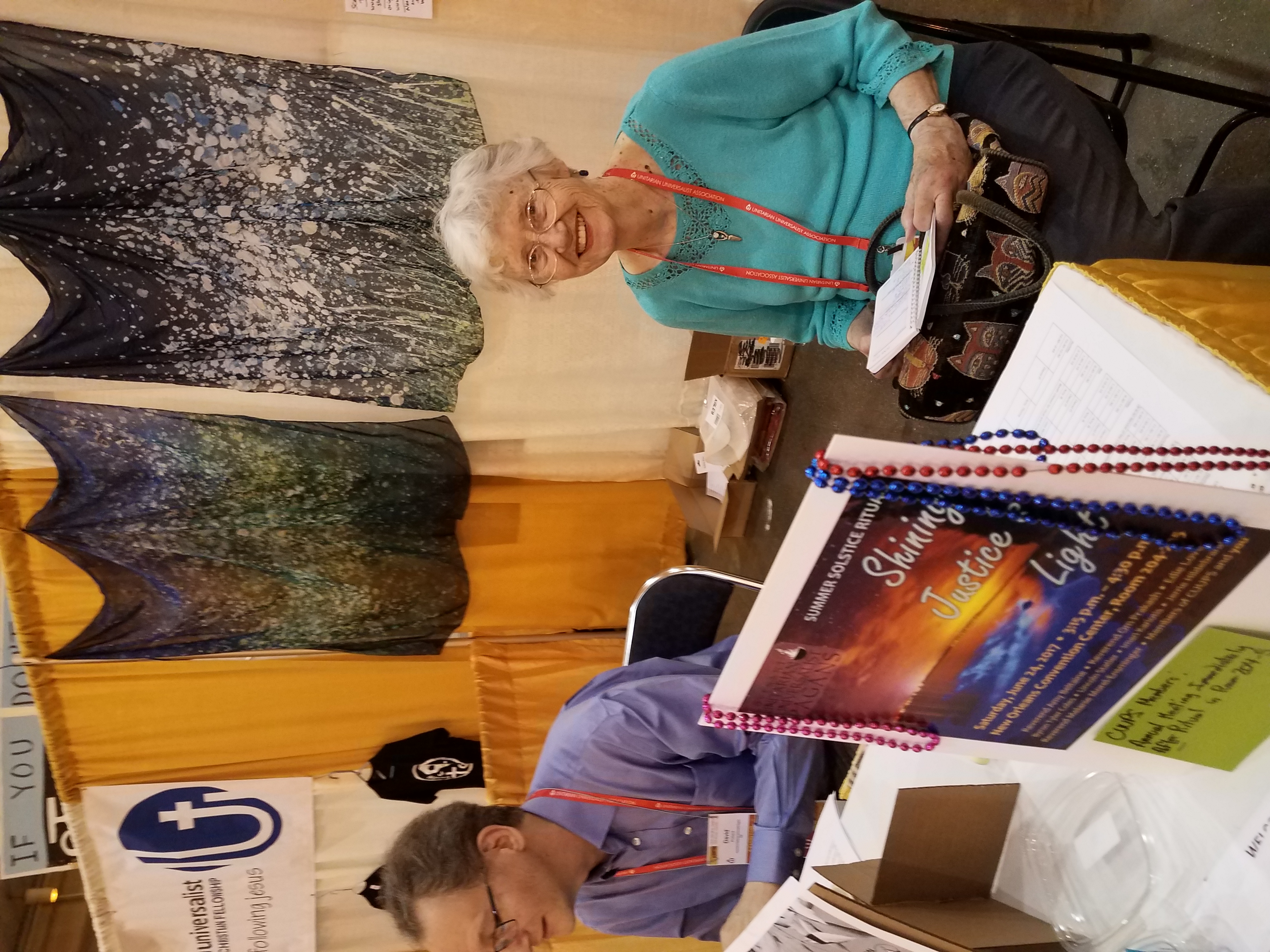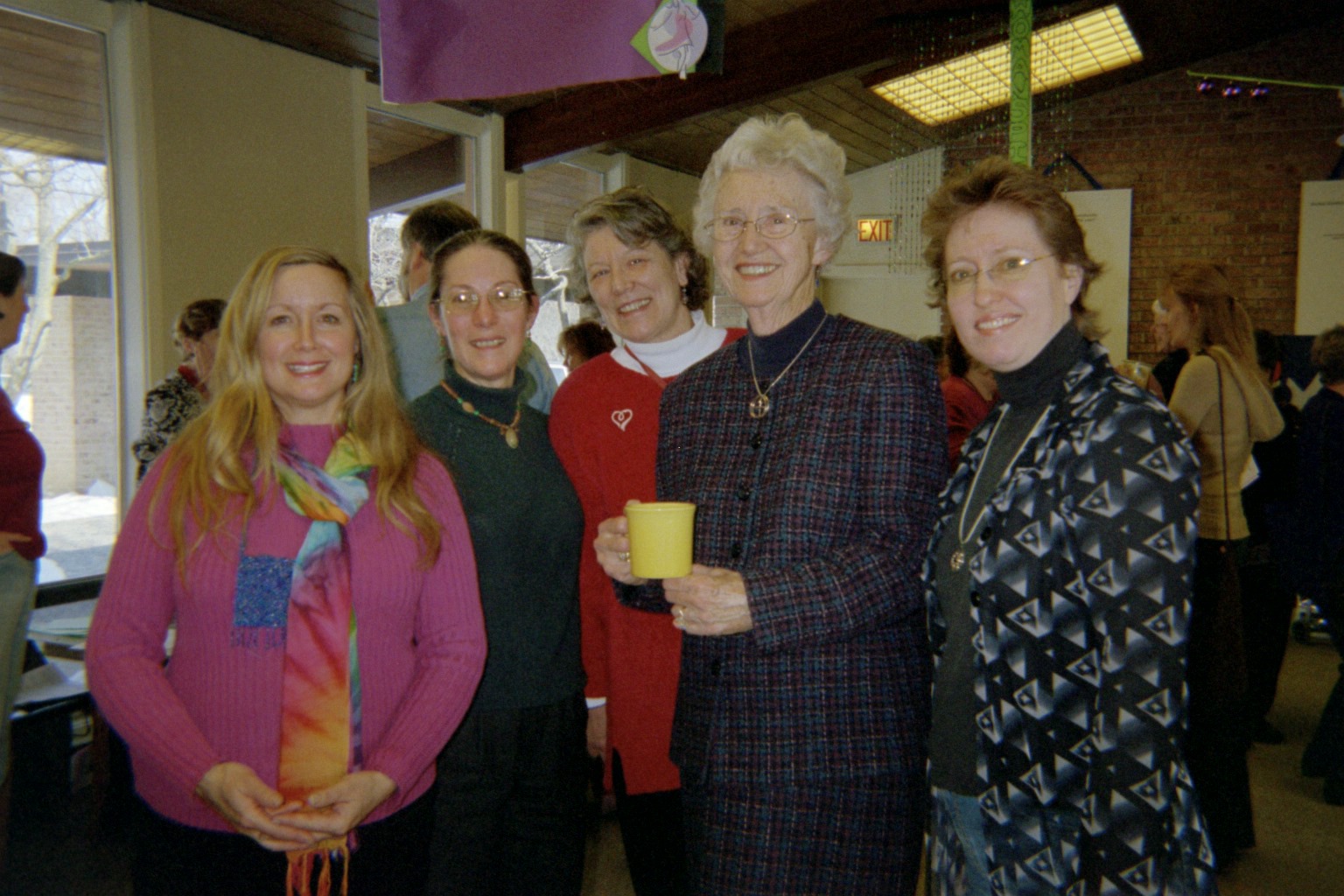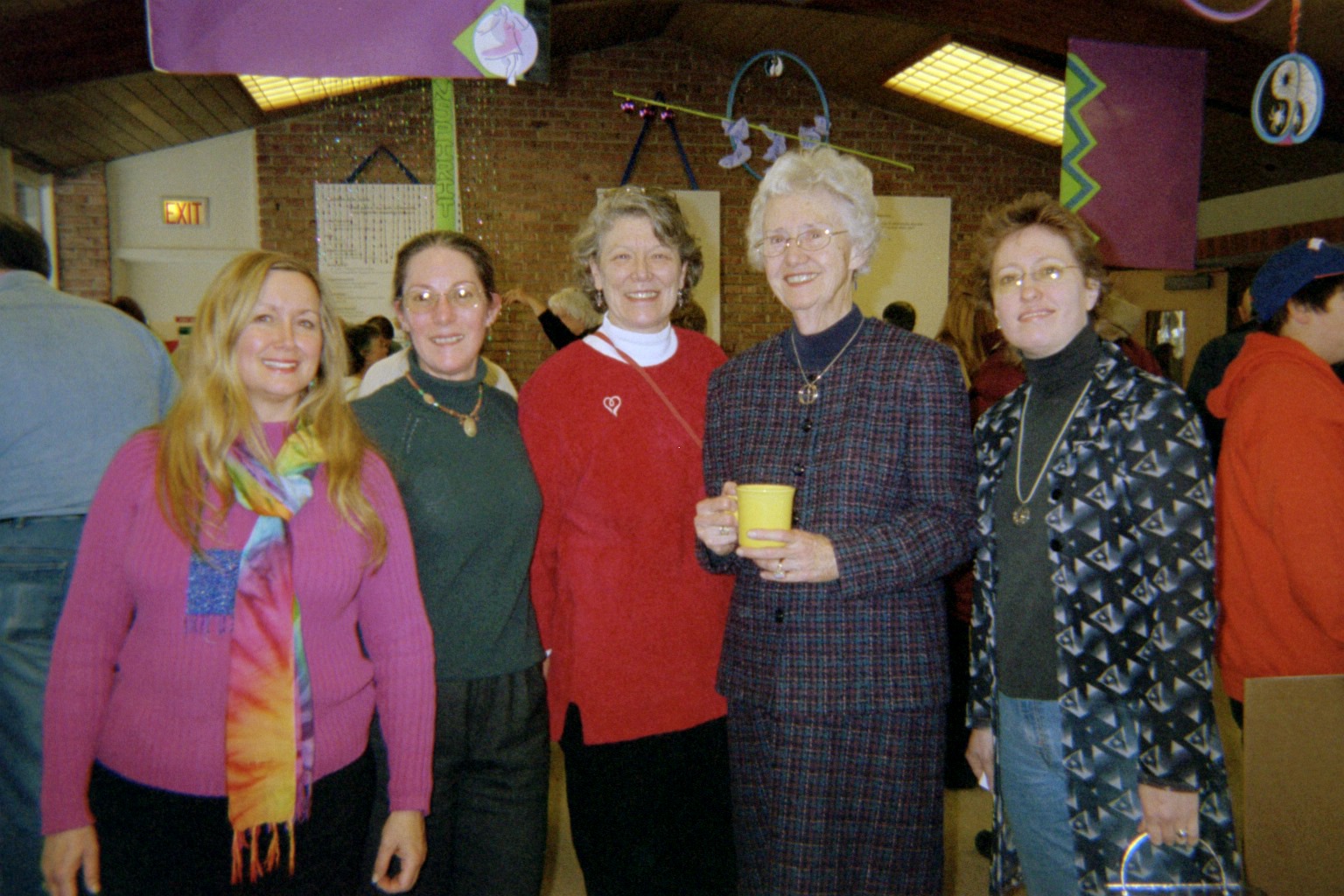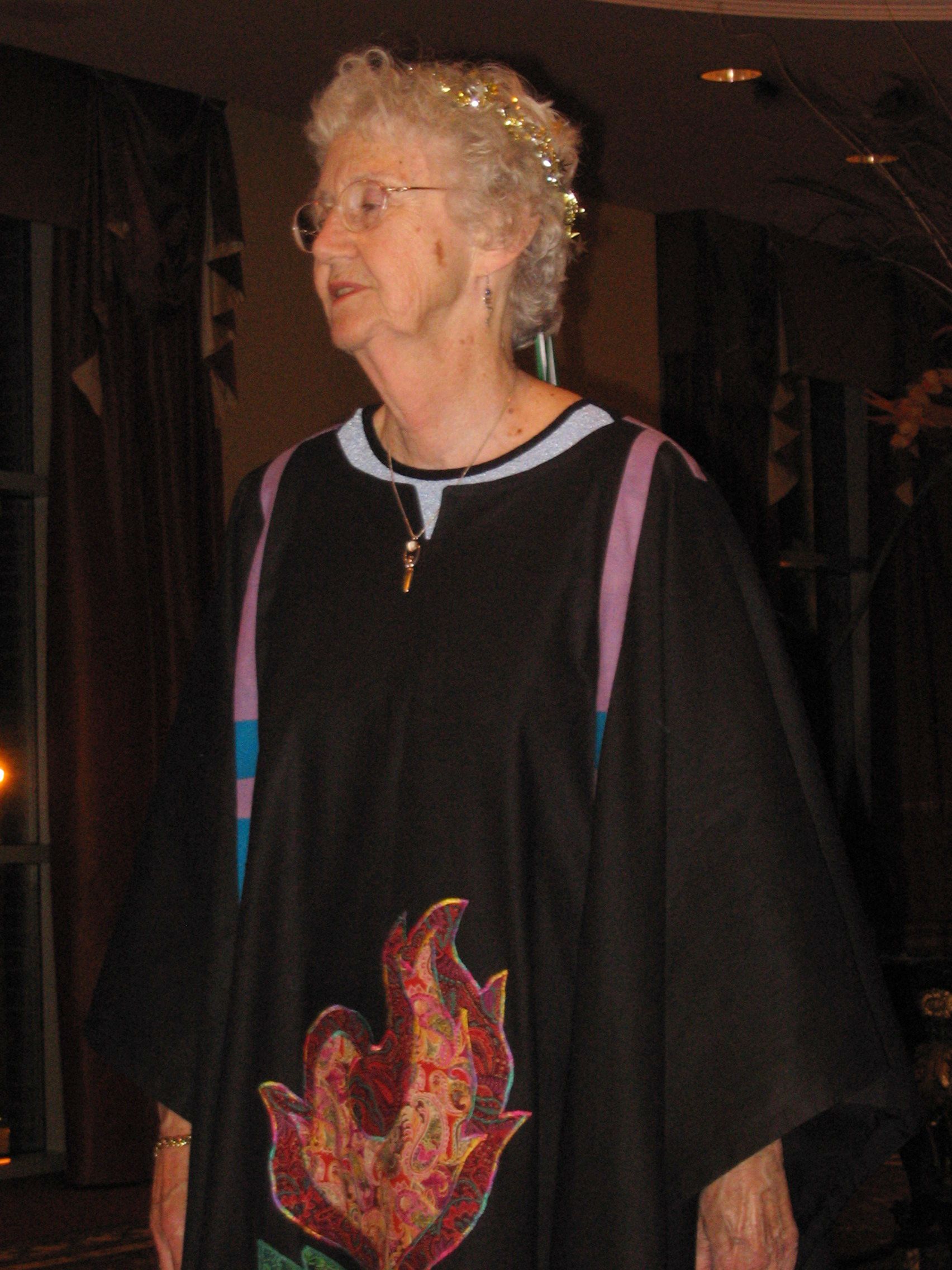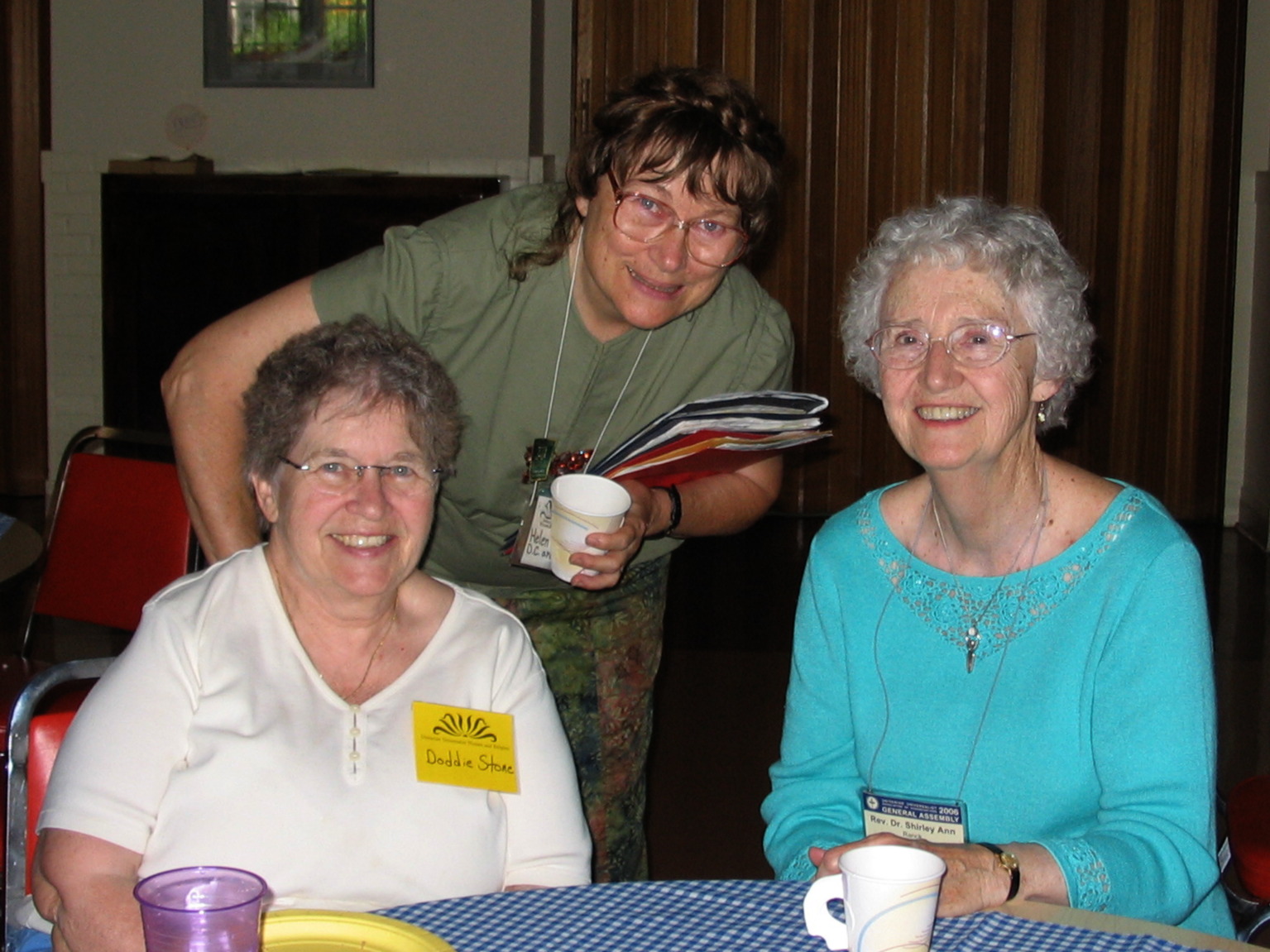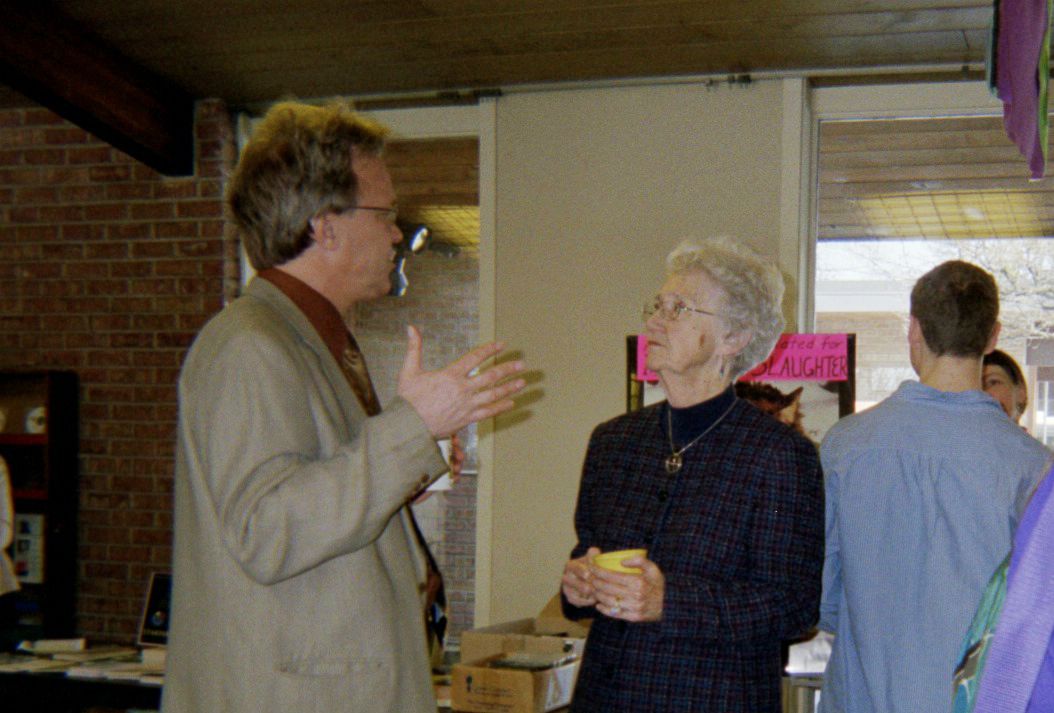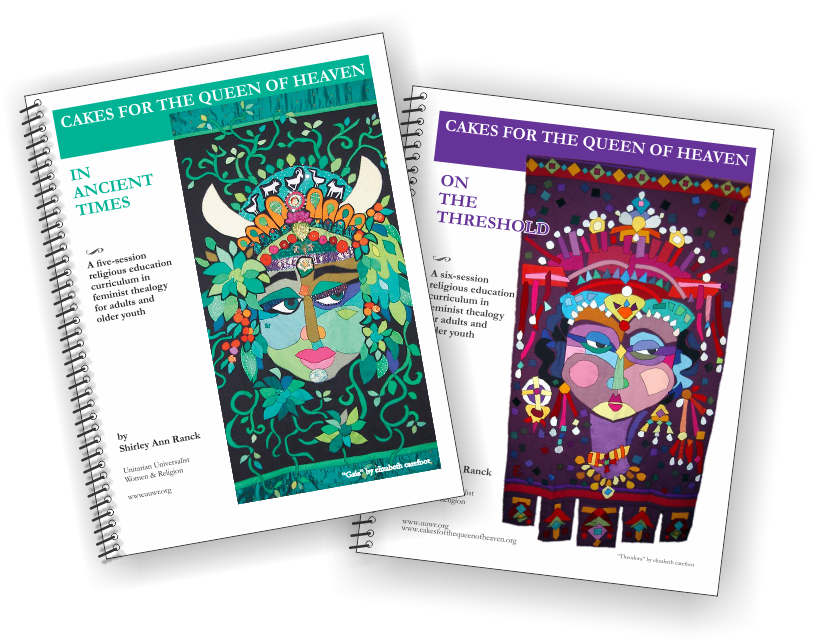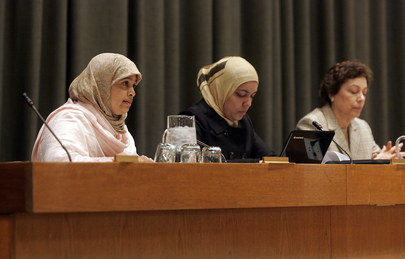 Here’s an excerpt from Lucile Schuck Longview's 1975 description of the first U.N. gender justice conference when she attended the International Association of Liberal Religious Women's conference that same year. Evidently she attended the IALRW conference right after the U.N. conference. This bit of historical context about the U.N. conferences fills in information about such references in Jane Flanagan’s article. I have added comparisons between the first U.N. conference that Lucile reports on and the last one in Beijing.
Here’s an excerpt from Lucile Schuck Longview's 1975 description of the first U.N. gender justice conference when she attended the International Association of Liberal Religious Women's conference that same year. Evidently she attended the IALRW conference right after the U.N. conference. This bit of historical context about the U.N. conferences fills in information about such references in Jane Flanagan’s article. I have added comparisons between the first U.N. conference that Lucile reports on and the last one in Beijing.
What began as the “Tribune” for the first conference became in Beijing in 1995, what’s called the “NGO Forum on Women.” That Forum attracted 30,000 participants. NGO stands for “non-governmental organizations.” Those are the people who represent all of us who are not working for any particular government (the “grassroots”). NGO’s serve as constant watchdogs to hold their governments to the commitments they make when voting during the U.N. governmental representatives’ conference. The National Committee on the United Nations Convention on the Elimination of Discrimination Against Women (the U.N. CEDAW women’s treaty) is such an NGO and was present in Beijing.
Lucile’s 1975 IALRW report says, “A second meeting of concern to women was held in Mexico City at the same time as the [governmental] conference. It was a world-wide Tribune which ran parallel to the governmental meeting across town but was designed to serve a separate and distinct function. This was an open meeting and many who came (nearly 6,000 instead of the 3,000 expected) did not realize that they would be unable to participate in or have their ideas transmitted to the [governmental] conference. Frustration and resentment resulted (tempers flared, as you may have seen on TV or have read in news articles. The media chose to emphasize those incidents and to overlook the numerous occasions when differences were worked out amicably.)
“Those at the Tribune (10 women to every man) met, talked, ate, walked, planned and worshipped together day and night for two weeks. It was one great consciousness-raising meeting. Those who attended returned home aware that everywhere there exists a common concern for the inequities that have diminished women and that there also exists an expanding determination to do something about it. They will be pushing to make the World Plan of Action a reality.” -- Lucile Schuck
We know social change usually is slow. We have to educate each generation to keep working for the change we have been seeking. It might not come to fruition in one’s own lifetime. For example, in U.S. history, it took 72 years for women to get the right to vote. (See the movie, “Iron Jawed Angels.”) Education is important for learning facts and for learning critical thinking in order to engage in honest, direct egalitarian discourse. (Please note that, now, what Lucile named as "World Plan of Action" became the "Platform for Action" after the Fourth world conference on women in Beijing.) Education prepares us for creating social change. CEDAW still needs U.S. Senate ratification. So, we keep on letting people know why CEDAW’s important for stopping violence against women.


